- New Mandatory Reporting Mexico has new rules for sustainability reporting starting with the 2025 fiscal year, with first reports due in 2026.
- A Dual System There are two frameworks: the Normas de Información de Sostenibilidad (NIS) for private companies and the IFRS S1 & S2 standards for public securities issuers.
- NIS for Private Companies This framework requires reporting on 30 specific environmental, social, and governance (ESG) indicators, including Scope 1, 2, and 3 emissions. Disclosures are made in the notes of annual financial statements.
- IFRS for Public Companies This mandate requires a separate sustainability report and includes a strict timeline for mandatory external assurance, starting in 2027.
- Market-Driven Consequences While there are no direct government fines for private companies, non-compliance can lead to loss of business with major partners and restricted access to bank loans.
A Guide to Mexico's New Sustainability Reporting Standards
Mexico is making a significant move in corporate transparency. With the introduction of the new Mexico Sustainability Reporting Standards, the country is establishing a mandatory, dual-framework system for both public and private companies.
This regulation aligns Mexico’s economy with global sustainable finance, improve risk management, and sharpen its competitive edge.
For companies operating in Mexico, understanding these changes is not optional. The new rules, covering both the Normas de Información de Sostenibilidad (NIS) for private entities and IFRS standards for public companies, will reshape how businesses report on their environmental and social impacts.
What are Mexico 's Sustainability Reporting Standards/Normas de Información de Sostenibilidad (NIS)?
The Normas de Información de Sostenibilidad (NIS), or Sustainability Reporting Standards, are a new set of rules issued by Mexico's standard-setting body, the Council for Financial and Sustainability Reporting Standards (CINIF). This makes Mexico the first emerging economy to mandate sustainability disclosures for many private and non-listed companies. The goal is to build a strong foundation for sustainability reporting across the entire domestic economy.
The NIS framework is the first part of a larger plan. It aims to get companies familiar with tracking and reporting on their environmental, social, and governance (ESG) performance. The long-term objective is to align with global standards like those from the International Sustainability Standards Board (ISSB).
What is NIS?
The NIS framework is built on two core standards:
- NIS A-1 (Conceptual Framework for Sustainability Reporting Standards): This sets the stage. It defines the basic concepts and objectives for sustainability reporting, making sure the information is consistent, relevant, and reliable, much like traditional financial reporting.
- NIS B-1 (Sustainable Performance Indicators): This is the practical part. It lists 30 specific indicators, known as Indicadores Básicos de Sostenibilidad (IBSOs), that companies must report on.
A key feature of the NIS is that there is no materiality assessment for these 30 indicators. Every company subject to the rule must report on all 30, even if the value is zero. This creates a universal baseline for sustainability data across Mexico.
How does NIS work?
The NIS framework is designed to connect sustainability performance directly with financial results. Unlike some regulations that require a separate report, NIS disclosures must be included within the notes of a company’s annual financial statements.
This integration pushes companies to see sustainability not as a separate activity, but as a core part of their overall performance. For quantitative indicators, companies must report both absolute figures (like total tonnes of CO2e) and relative figures (like CO2e per Mexican Peso of profit). This allows for better comparison and shows a company's efficiency.
What are the requirements of NIS?
The core of the NIS is the 30 Basic Sustainability Indicators (IBSOs), which are split into three categories:
Environmental (16 Indicators)
- GHG Emissions: Scope 1, Scope 2, and Scope 3 emissions.
- Energy: Total energy consumption and the percentage from renewable sources.
- Water: Water withdrawal, reuse, wastewater discharge, and use in water-stressed areas.
- Waste: Total waste generated (hazardous and non-hazardous) and how much is reused or recycled.
- Biodiversity: Location of operations near protected areas.
Social (6 Indicators)
- Workforce Data: Gender pay gap, average training hours, and percentage of employees receiving performance reviews.
- Health and Safety: Rates for work-related accidents and illnesses.
- Policies: Descriptions of equal opportunity and health and safety management systems.
Governance (8 Indicators)
- Board Composition: Existence of a board, percentage of women on the board, and an independent supervisory body.
- Strategy: Descriptions of the company's risk management policy and sustainability strategy.
- Ethics: Details on the code of ethics and policies for information security and data privacy.
When does NIS become mandatory?
The NIS framework is effective starting January 1, 2025. This means the first mandatory reporting period covers the 2025 fiscal year, with the first disclosures due in 2026.
To help companies adapt, there are a few transitional reliefs for the first year:
- Companies do not need to provide comparative data from the previous year (2024).
- Reporting on Scope 3 GHG emissions and sustainable investments is optional for the first report.
Who needs to comply with NIS?
The NIS applies to all entities (public and private) that prepare their financial statements under the Mexican Financial Reporting Standards (NIF). This primarily includes private and non-listed companies, as well as Mexican subsidiaries of foreign multinationals that use NIF.
The CNBV Mandate for public companies
While the NIS targets private companies, a parallel system applies to public entities. The Comisión Nacional Bancaria y de Valores (CNBV), Mexico's securities regulator, now requires all public securities issuers to report using the IFRS S1 and S2 standards.
This makes Mexico the first country in North America to mandate these global standards. A key feature of the CNBV mandate is its aggressive timeline for external assurance, which becomes mandatory in phases:
- FY 2025 (due 2026): Assurance is optional.
- FY 2026 (due 2027): Limited assurance is mandatory.
- FY 2027 (due 2028): Reasonable assurance (similar to a financial audit) is mandatory.
This rapid escalation signals that public companies must invest immediately in robust data governance and internal controls to produce investment-grade sustainability information.
Why should you care about these new standards?
These regulations are more than a simple compliance task. They represent a fundamental shift in how business is done in Mexico. Proactive compliance offers clear advantages, while inaction carries serious risks.
Benefits of compliance:
- Better Access to Capital: Strong sustainability reporting can attract investors and may lead to better terms from lenders.
- Stronger Reputation: Transparency builds trust with customers, employees, and partners.
- Improved Risk Management: The process helps you identify and manage environmental and social risks before they become major problems.
- Cost Savings: Tracking metrics like energy and water use often reveals opportunities for operational efficiencies.
Risks of non-compliance:
- For Public Companies: The consequences are direct. Failure to comply means you cannot register securities or launch public offerings, cutting off access to capital markets.
- For Private Companies: The risks are market-driven but just as severe. You could be dropped from major supply chains, face restricted access to credit from banks, and damage your reputation.
How can Arbor help you with the new standards?
Navigating new regulations can feel complex, but you don't have to do it alone.
Arbor’s carbon accounting platform is built to simplify the process of measuring, managing, and reporting your carbon emissions, which is a core component of both the NIS and CNBV frameworks.
Our automated platform helps you:
- Measure with accuracy: Calculate your Scopes 1, 2, and 3 carbon emissions quickly and reliably using your existing operational data. Arbor specializes in providing precise, region-specific data for your supply chain.
- Save time: Our platform handles thousands of products and data points, automating calculations that would otherwise take months of manual work. This frees up your team to focus on reduction strategies.
- Report with confidence: Generate auditable, compliance-ready reports that align with global standards. With the CNBV mandating external assurance, having a system with a clear data trail is essential.
- Extension of your sustainability team: Beyond software, Arbor’s specialists work alongside you throughout the whole process. We will help in setting up data collection, training your team, and supporting measurements and disclosure. Our hands-on support means you can move faster with a small team.
Arbor acts as your partner, turning complex regulatory requirements into clear, actionable insights for your business.
Summary
Mexico's new dual-framework approach to sustainability reporting marks a new chapter for corporate accountability. The NIS standards for private companies and the IFRS mandate for public ones are pushing all businesses to integrate sustainability into their core strategies. The first reporting deadline is approaching for the 2025 fiscal year.
Focus on data, governance, and strategy, and your business can turn this regulatory change into a powerful opportunity for growth.
Ready for Mexico’s new climate regulations?
Talk to one of our carbon experts. Request a free consultation.
Mesurez vos émissions de carbone avec Arbor
Comptabilité du carbone simple et facile.
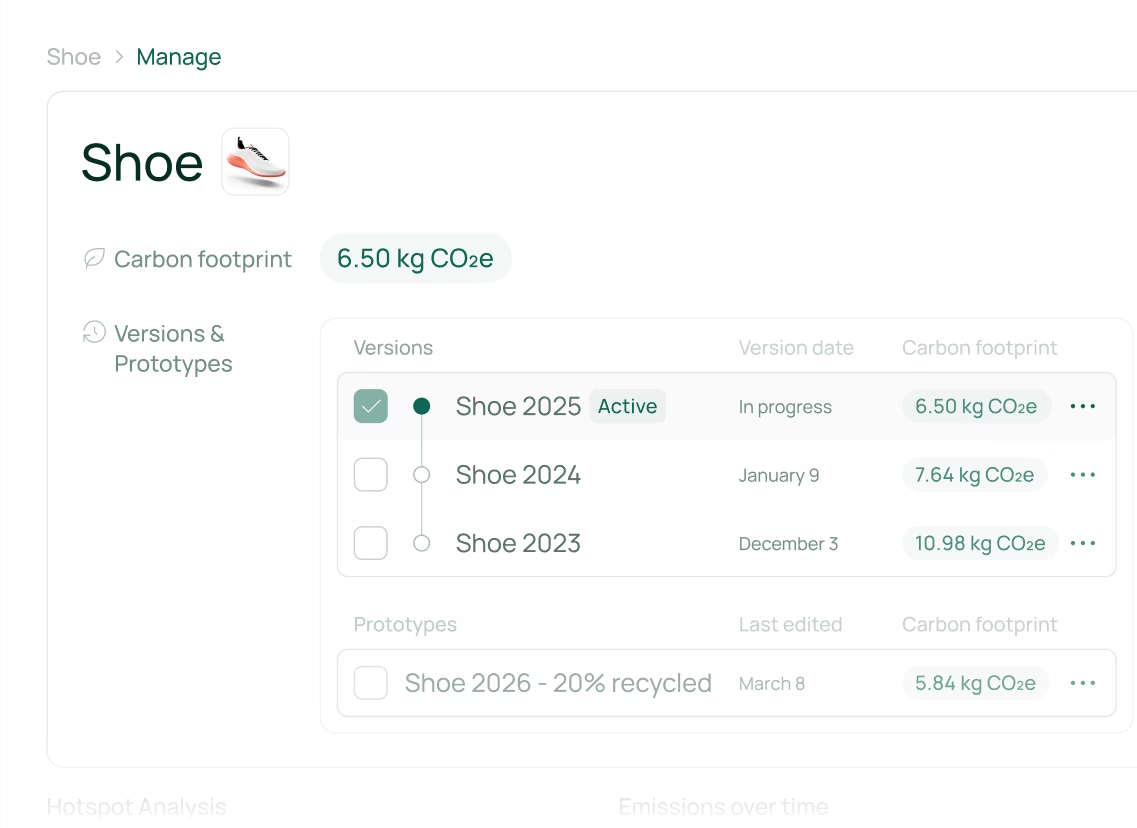
FAQ on Mexico’s Sustainability Reporting Standards (NIS)
What is the main difference between the NIS and the CNBV mandate?
The main difference is who they apply to. The NIS framework is for private companies reporting under Mexican Financial Reporting Standards (NIF), while the CNBV mandate applies to public companies that issue securities. The NIS is indicator-based, whereas the CNBV mandate is principles-based and requires external assurance.
What is the deadline for the first report?
For both the NIS and the CNBV mandate, the first mandatory reporting period is the 2025 fiscal year. This means the first sustainability disclosures must be submitted in 2026.
Are Scope 3 emissions required in the first year?
No, not entirely. For private companies reporting under NIS, disclosing Scope 3 GHG emissions is optional for the first reporting year (the 2025 report). However, public companies reporting under the CNBV mandate and IFRS S2 will need to disclose Scope 3 emissions.
What happens if my private company doesn't comply with the NIS?
Although there are no direct government fines for non-compliance with NIS, the consequences are market-based and significant. You risk being excluded from the supply chains of larger companies, and banks may restrict your access to credit or offer less favorable terms.


.webp)


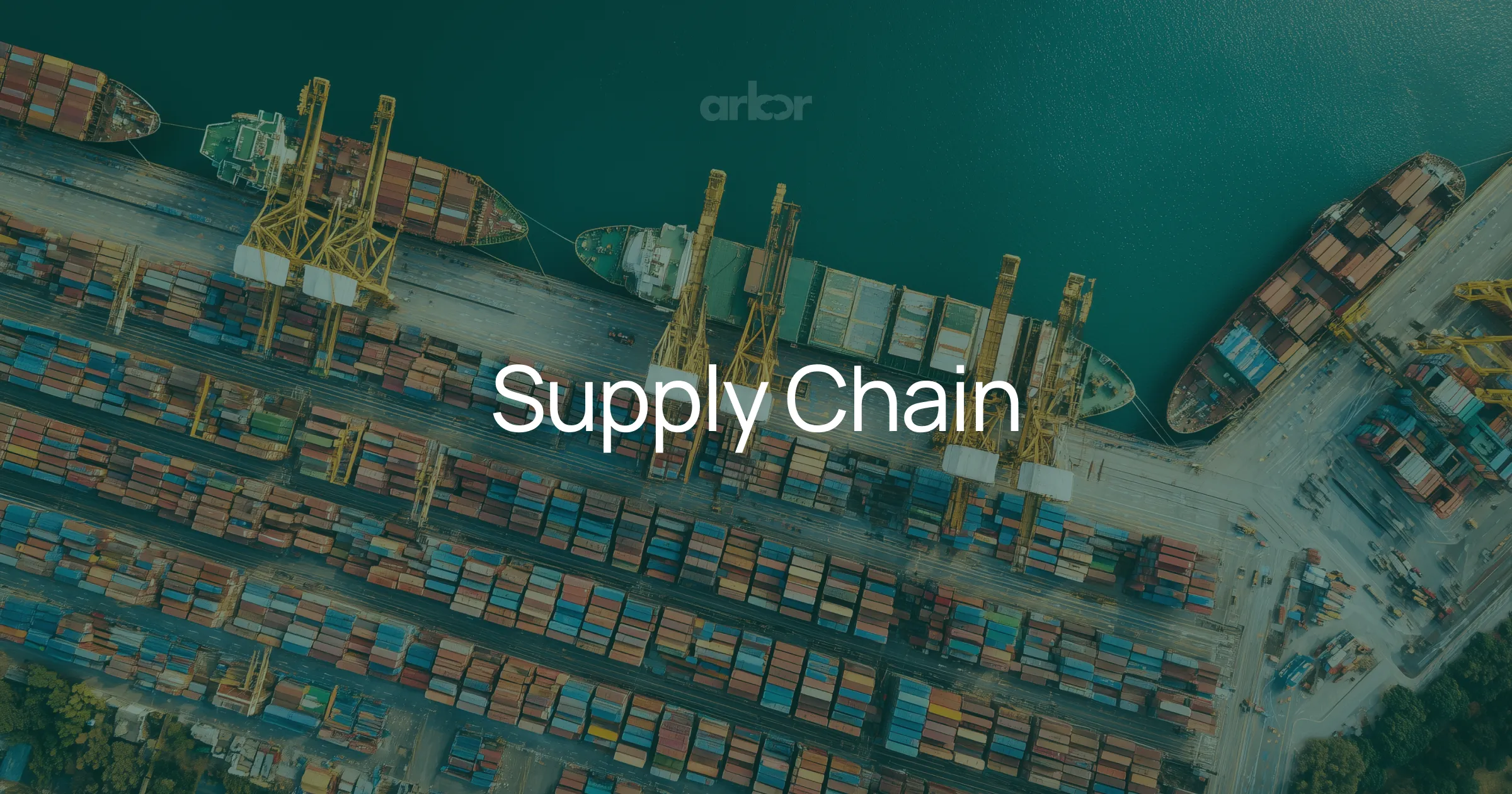

.webp)
%20Directive.webp)
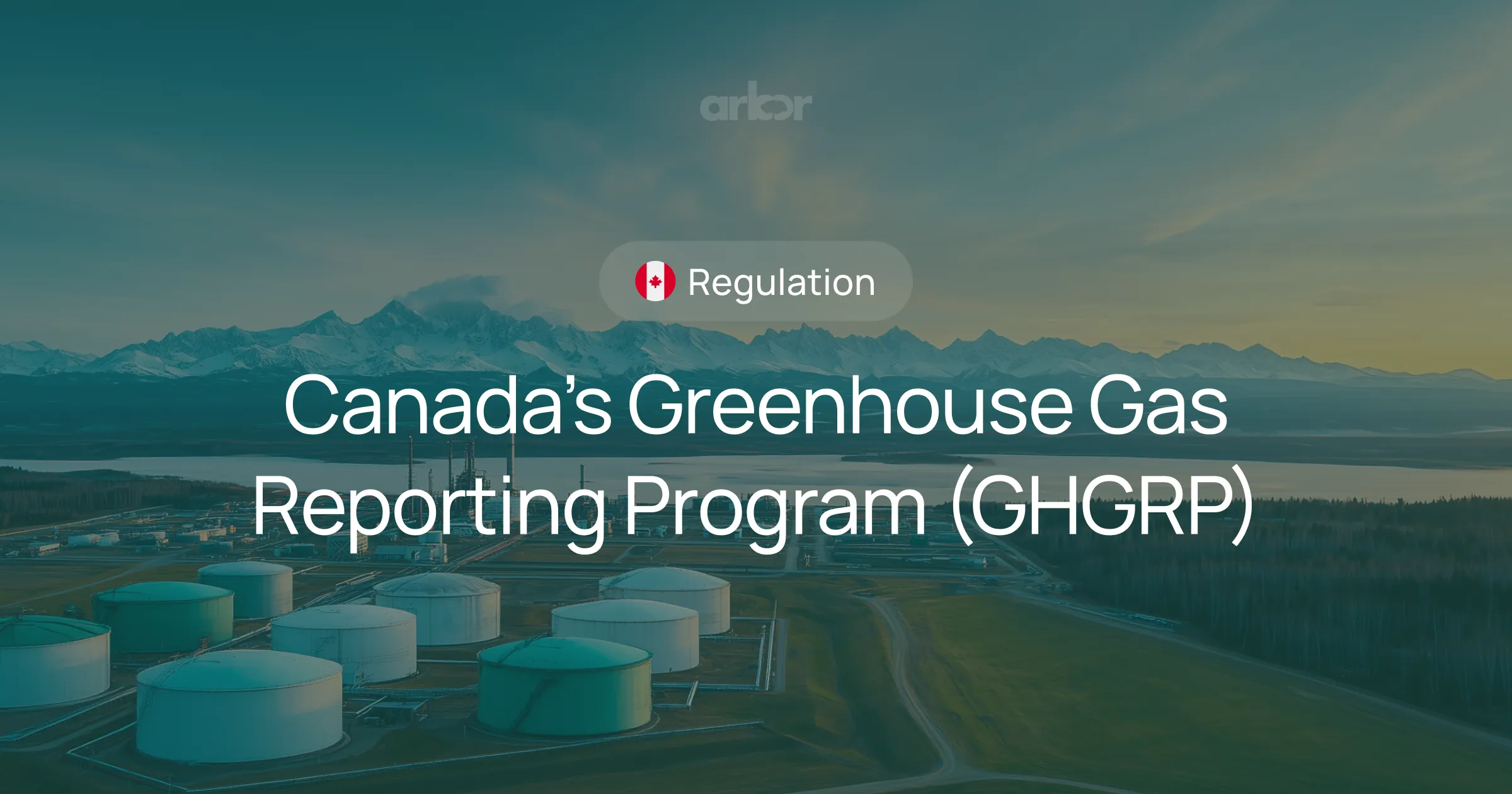

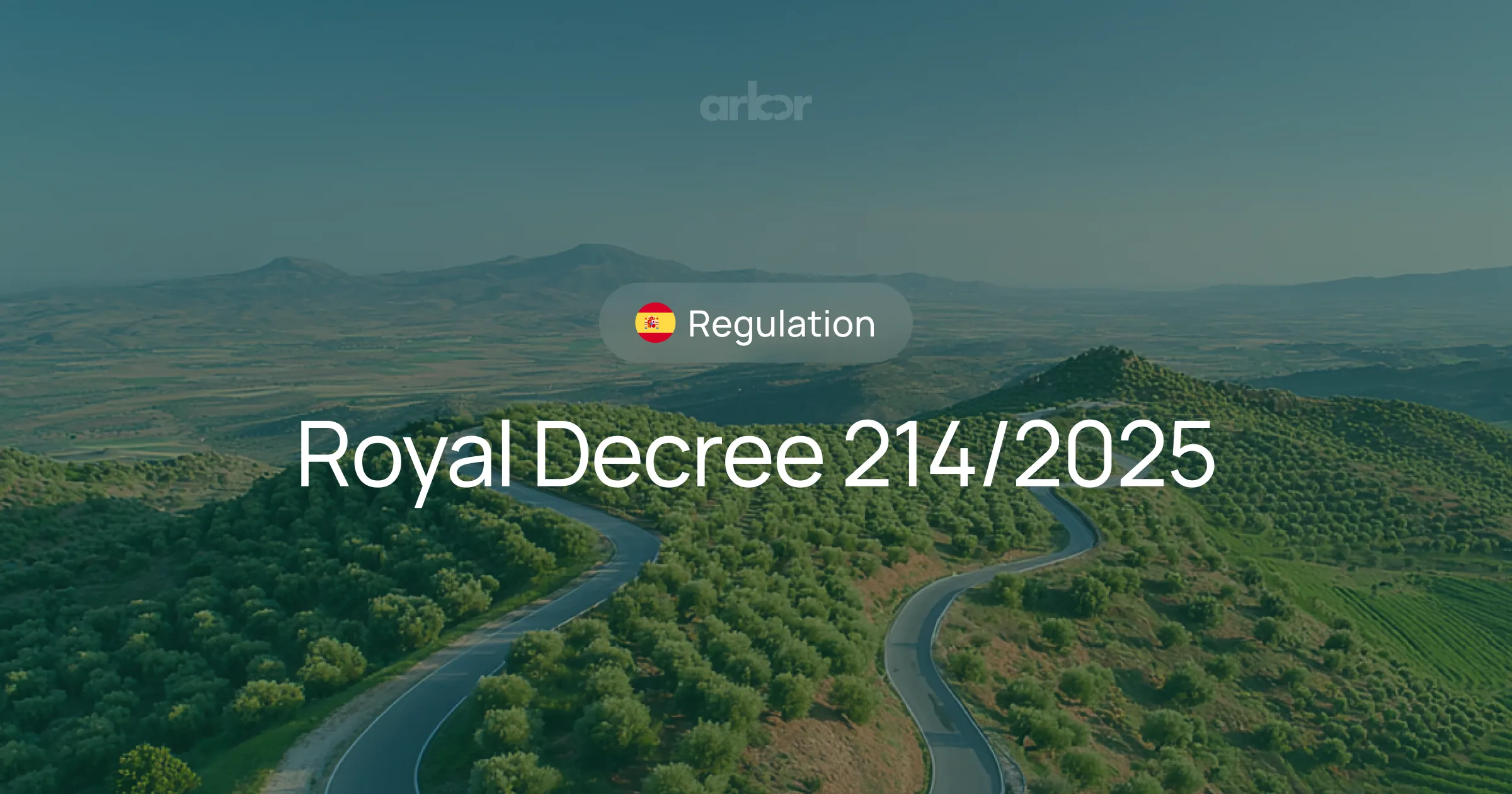
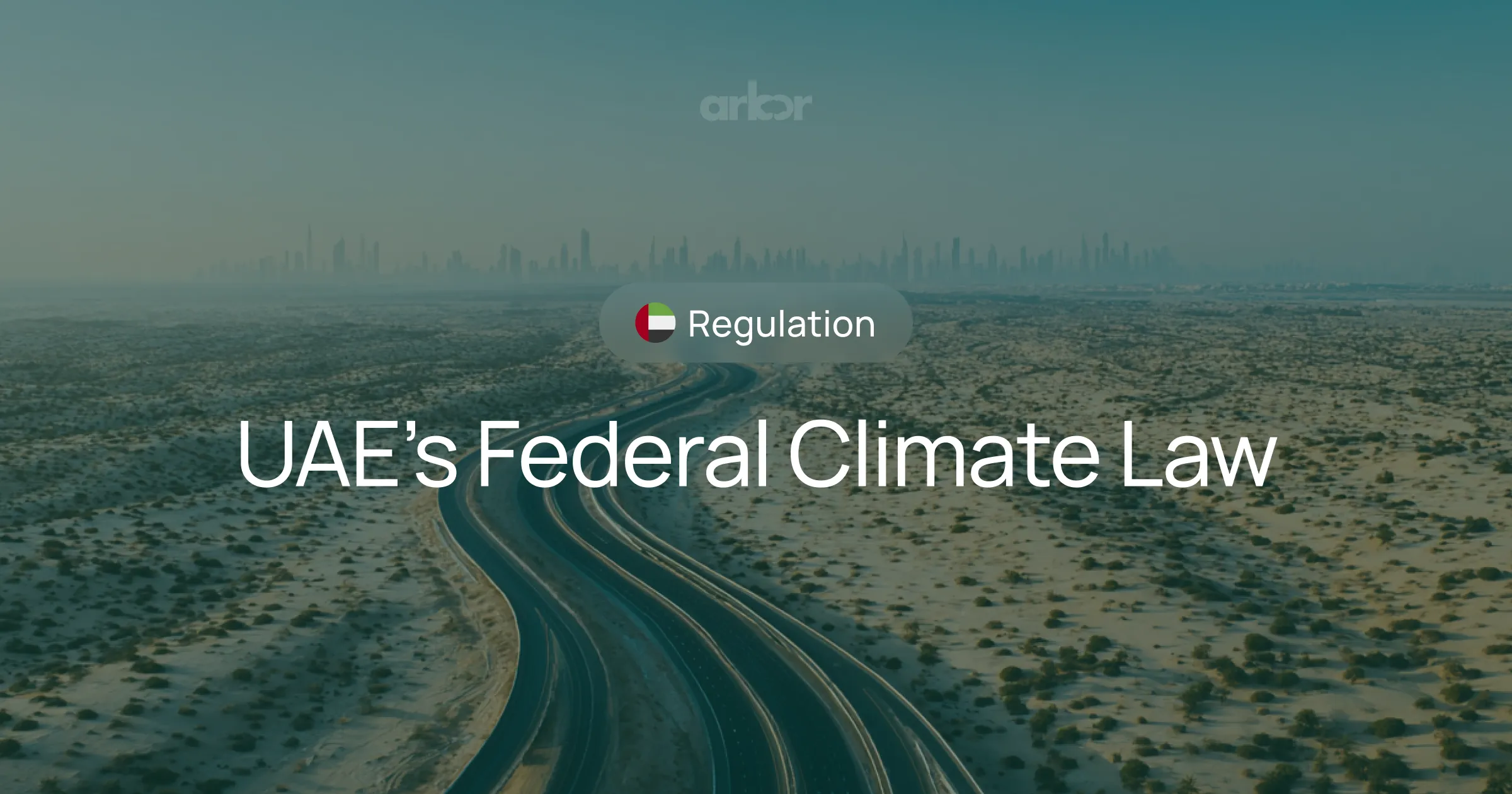
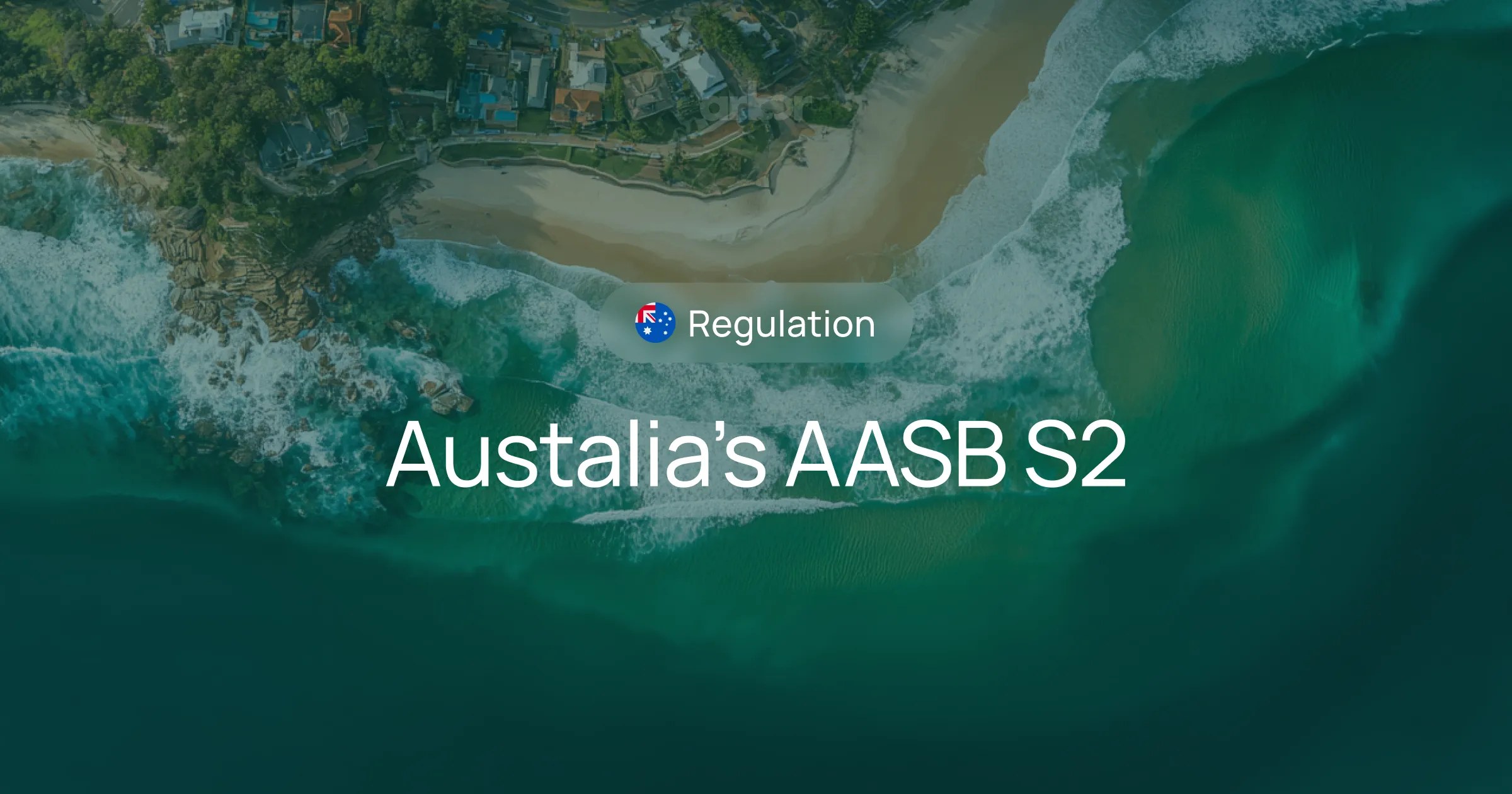
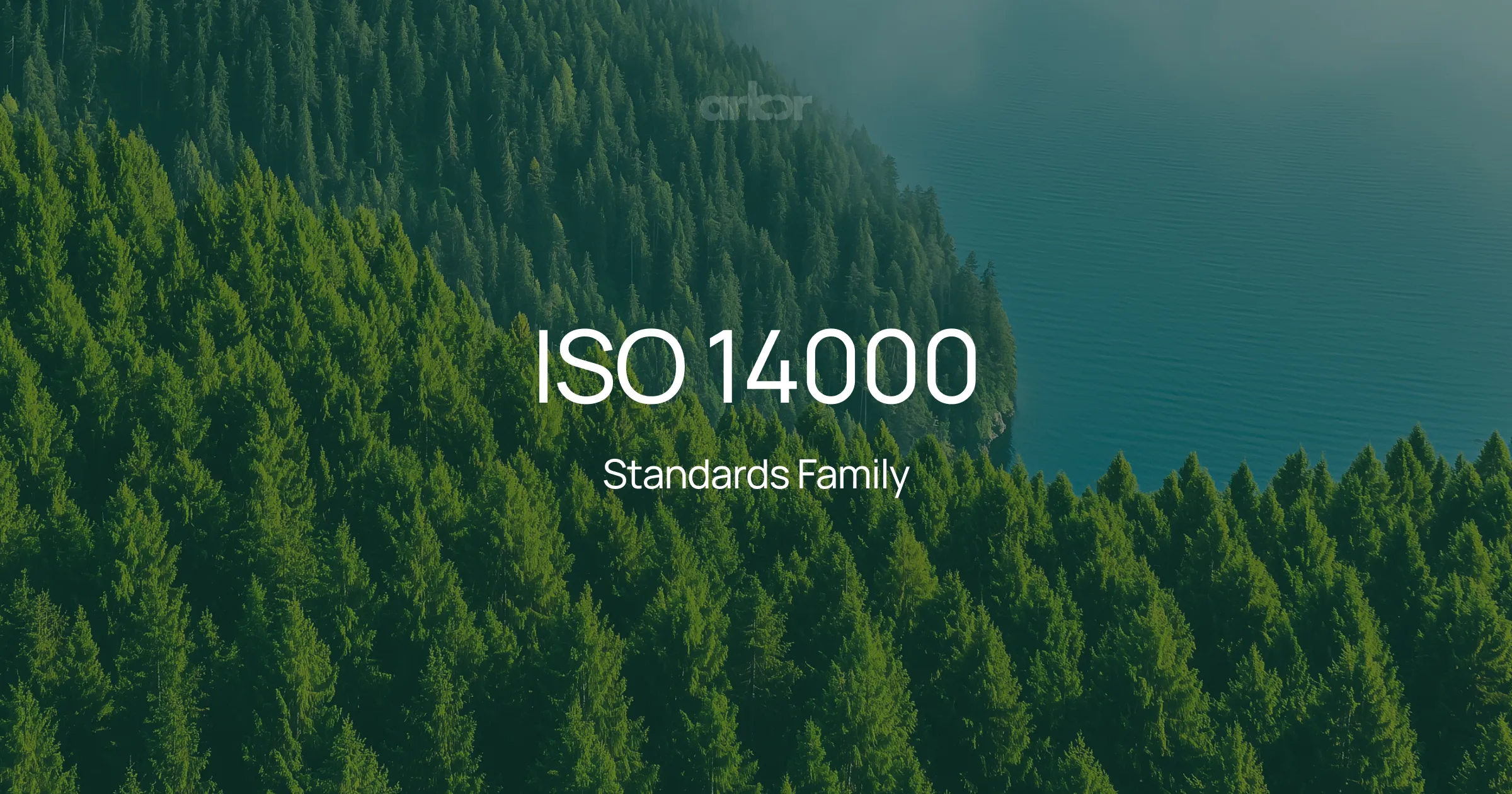
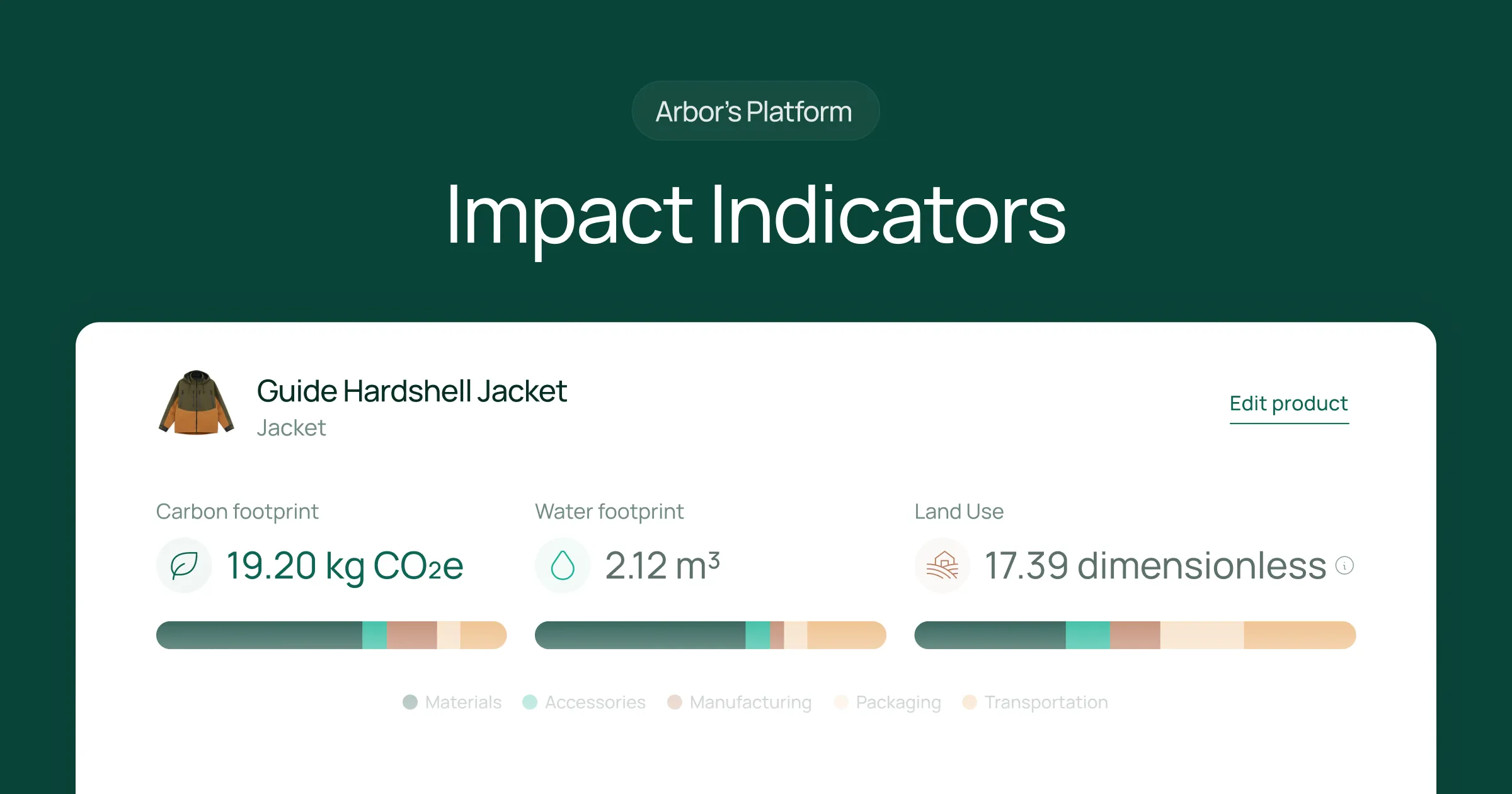
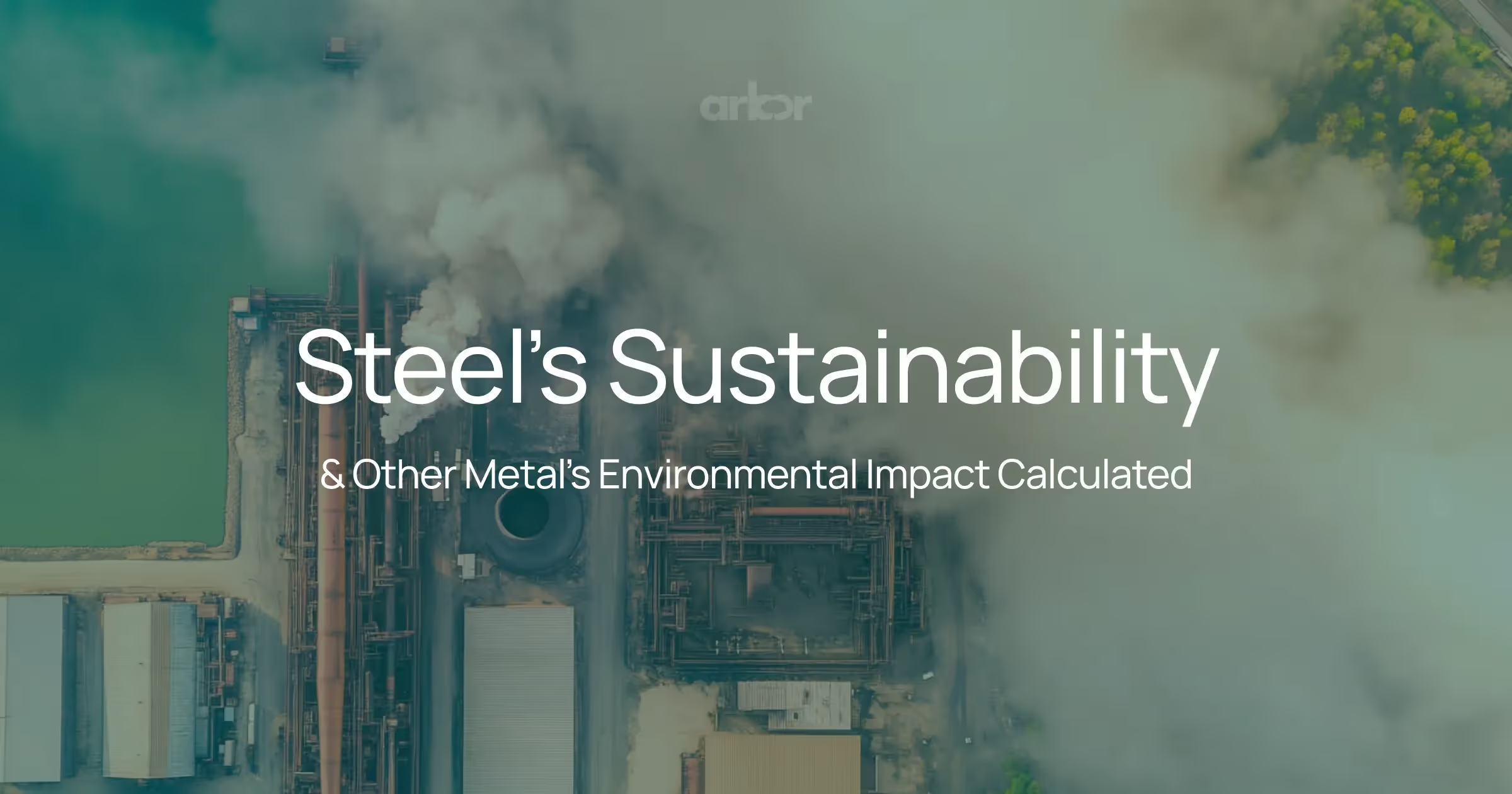

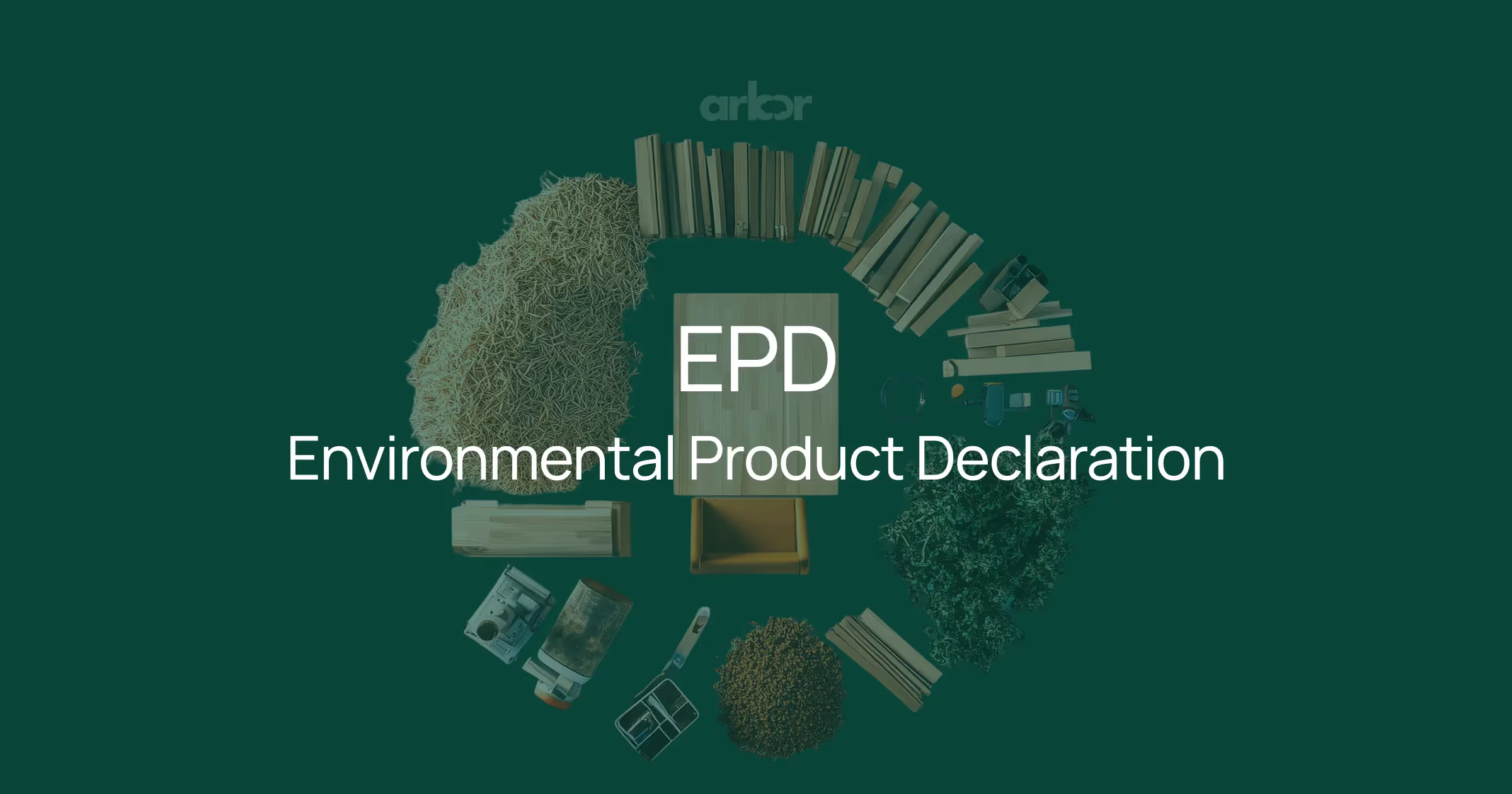
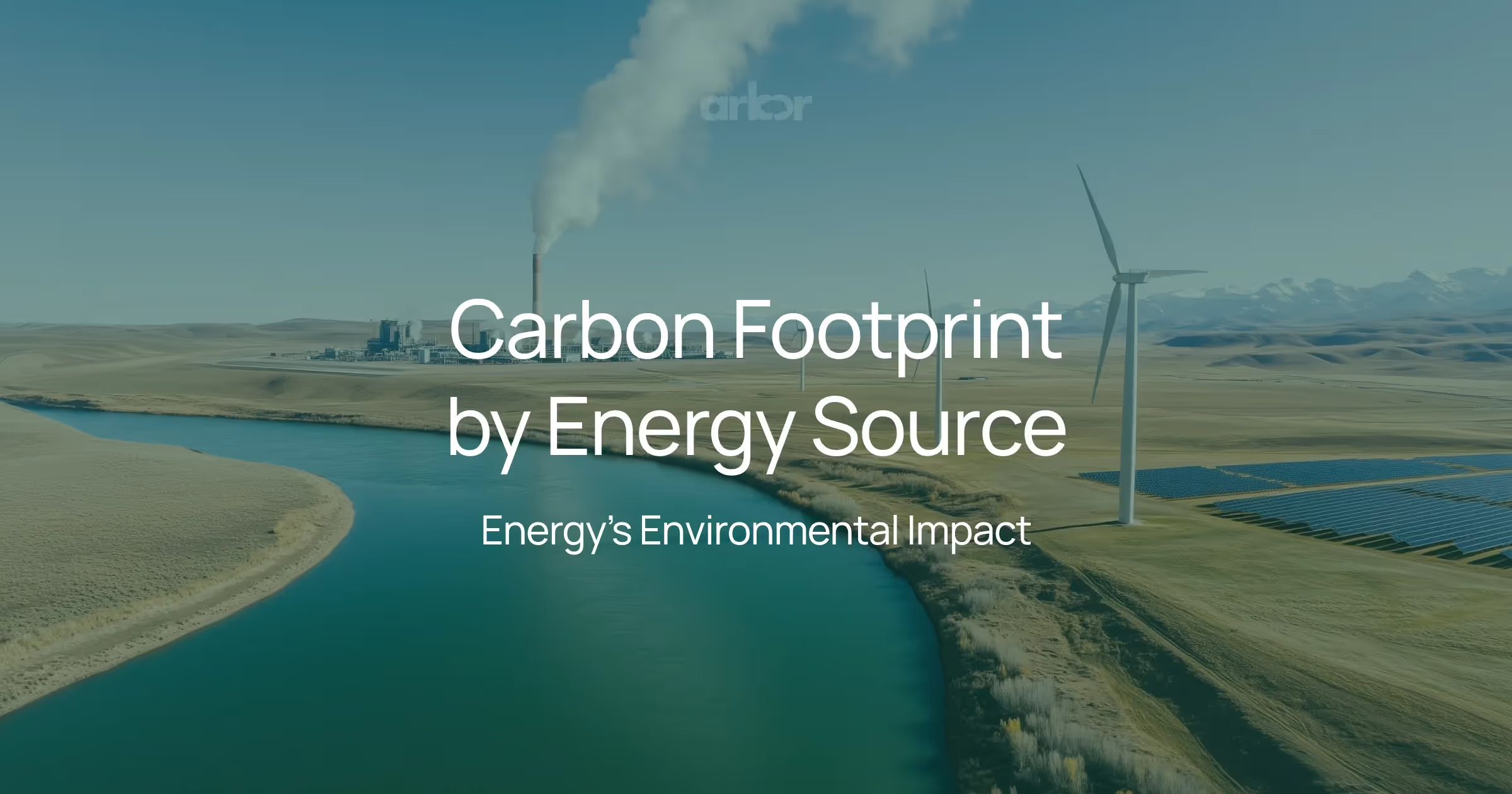
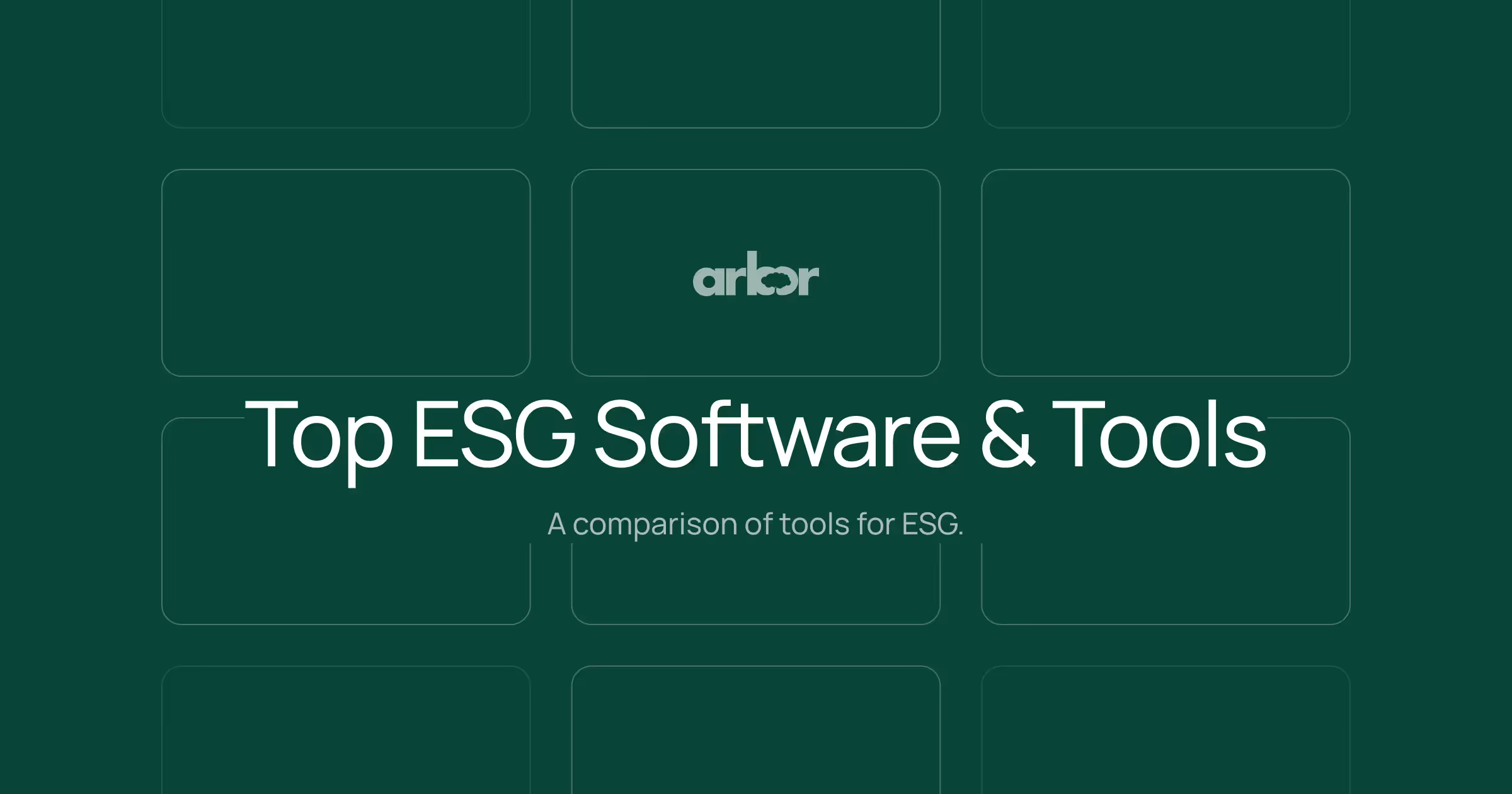
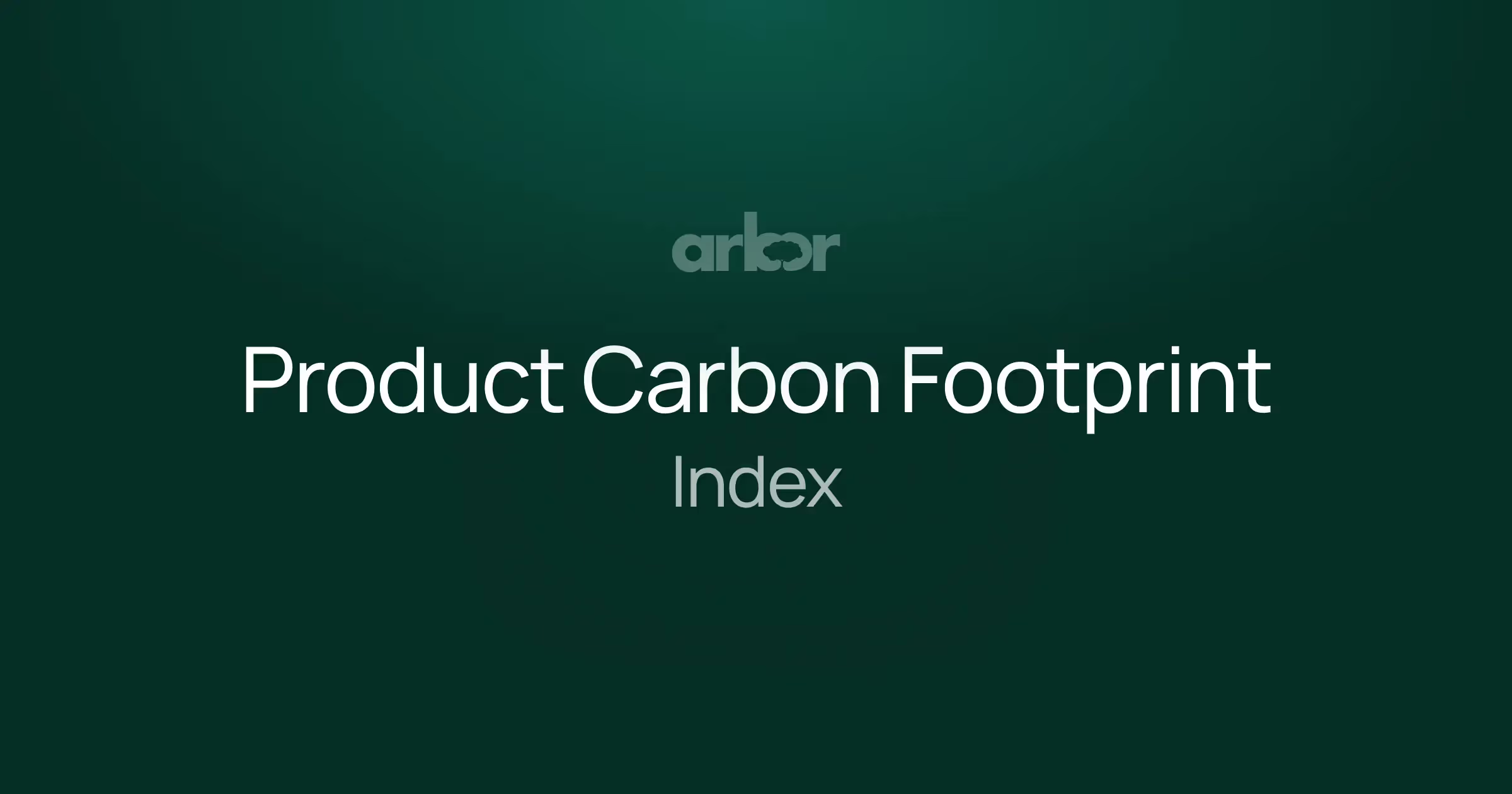
%20Arbor.avif)
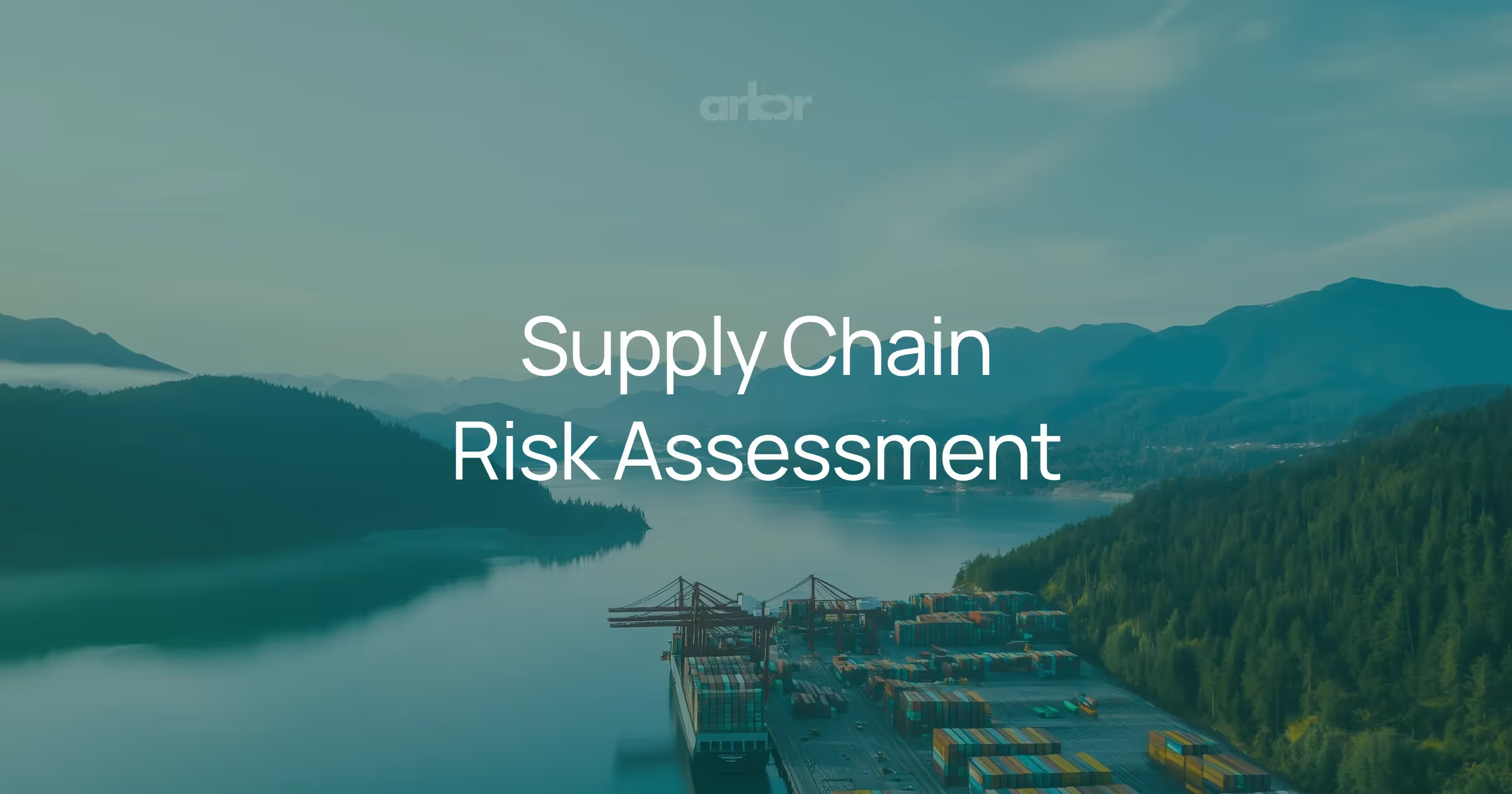
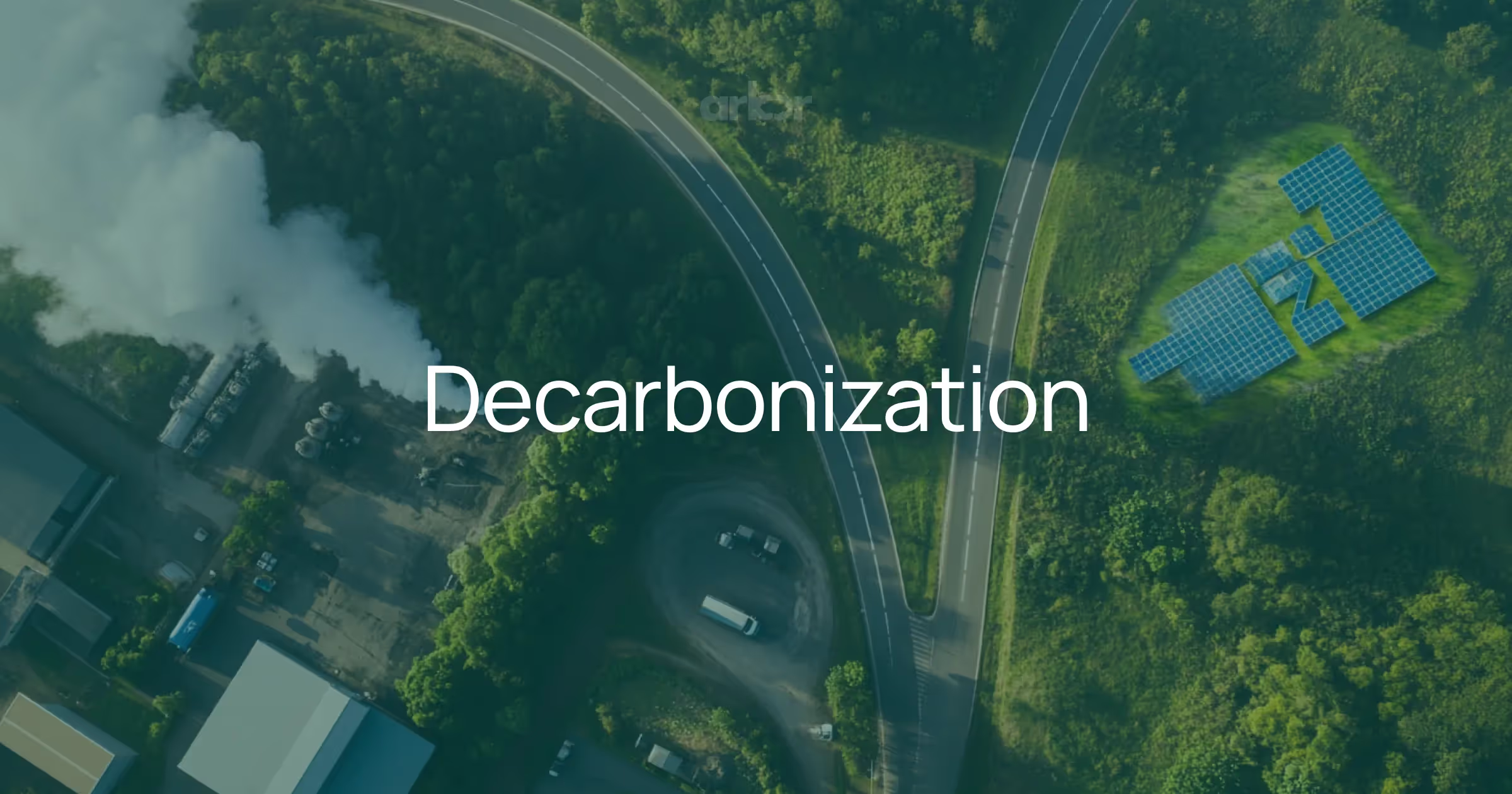

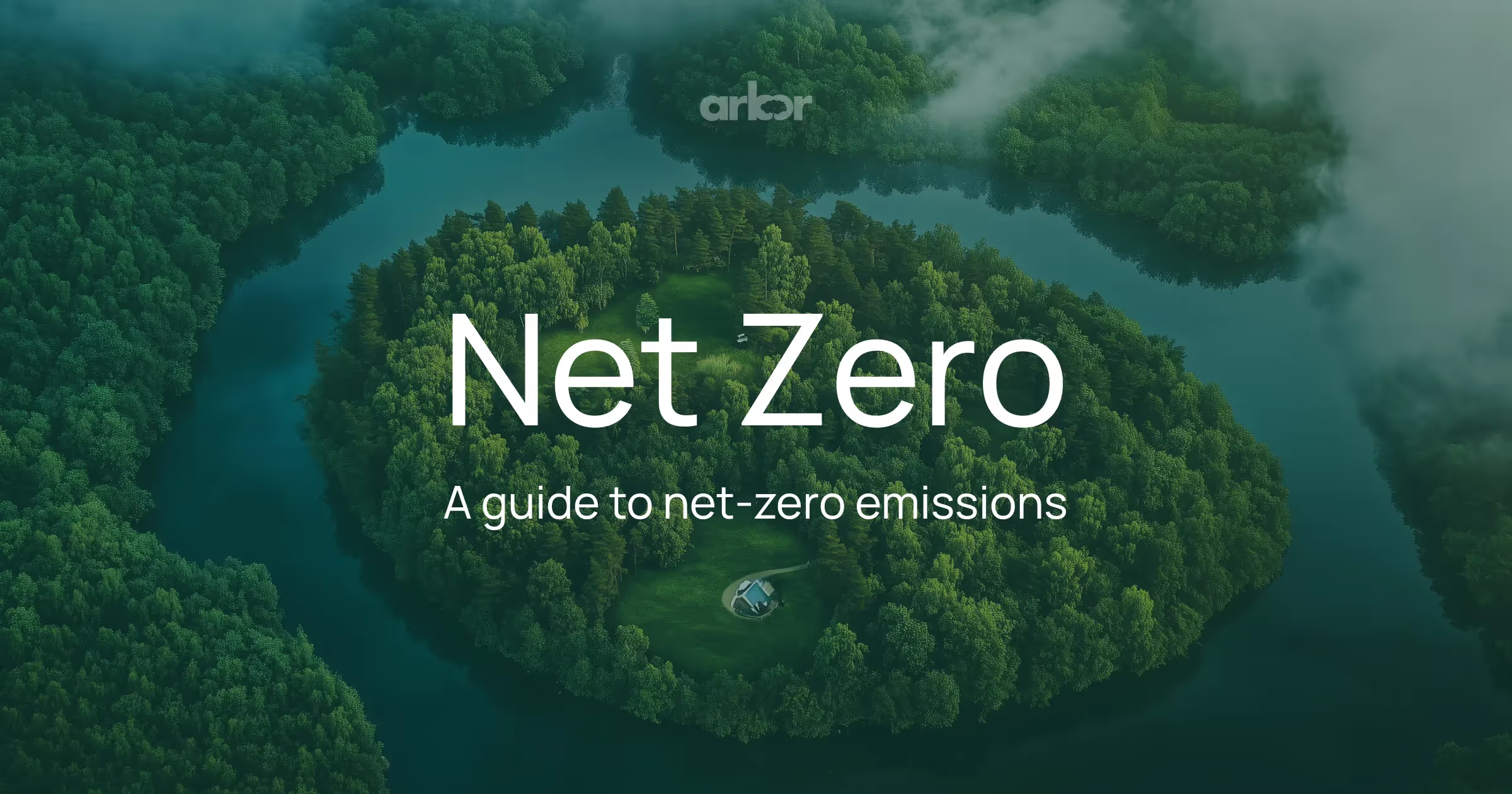
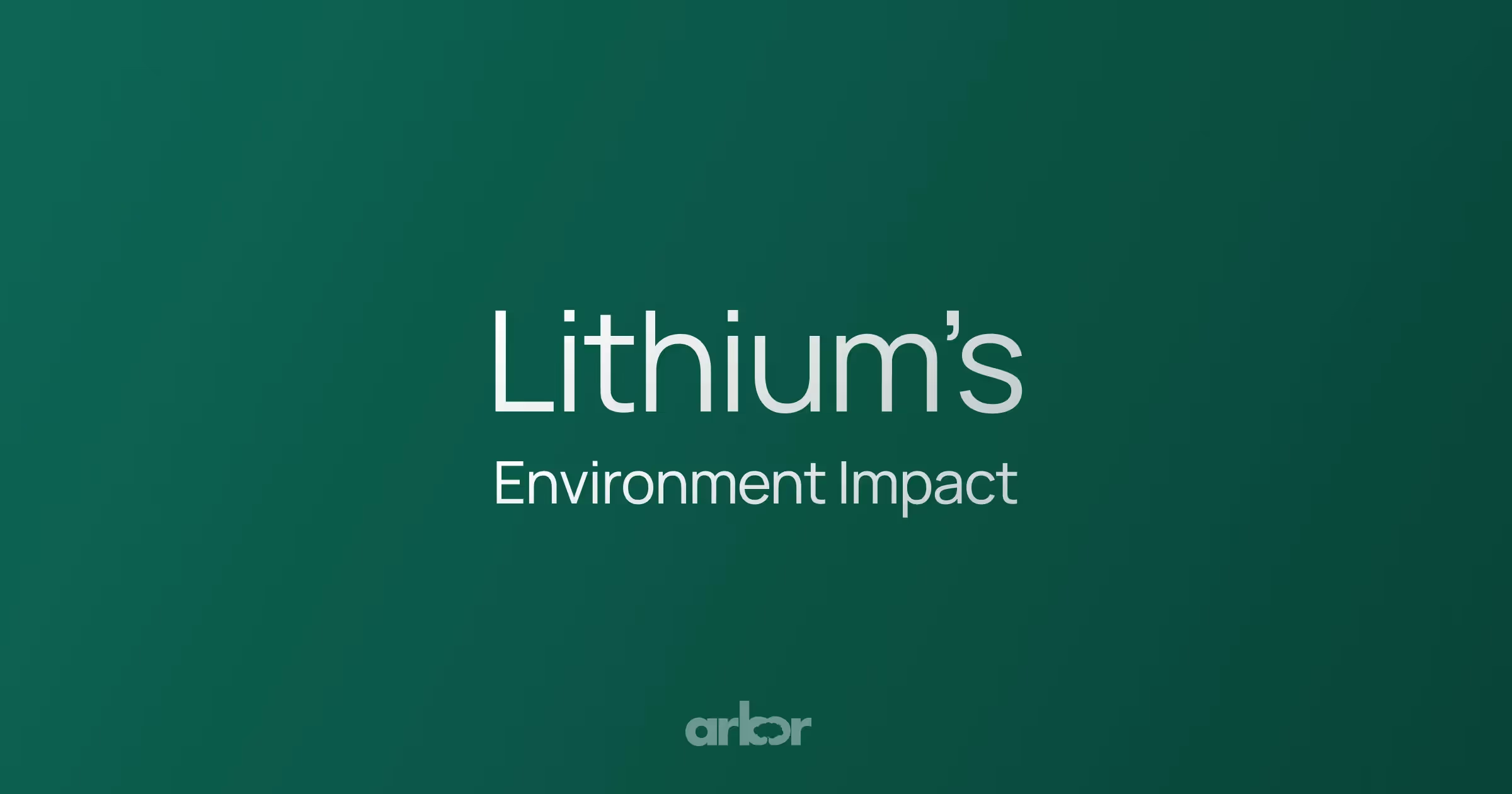
%20Arbor.avif)
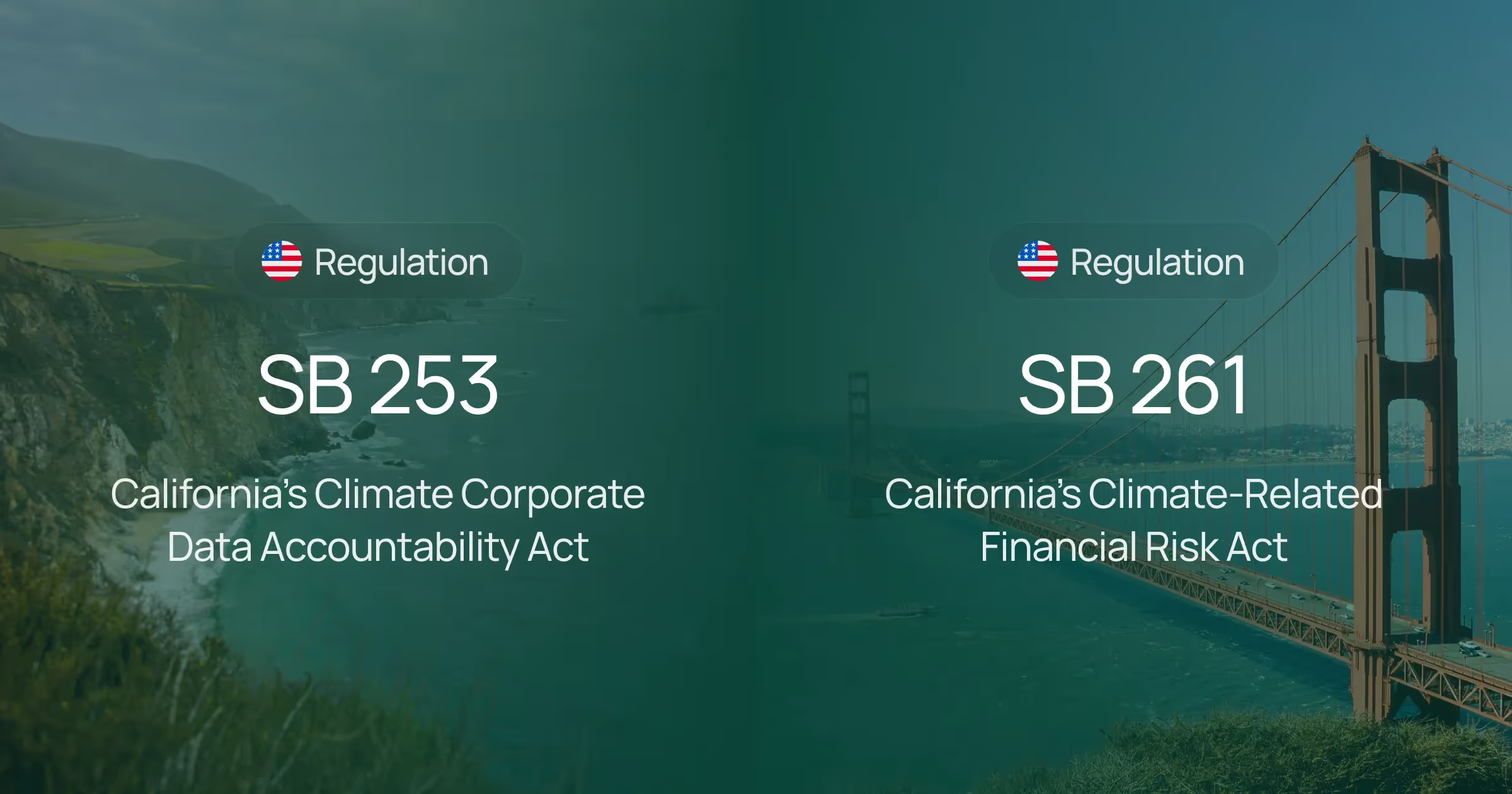

.avif)
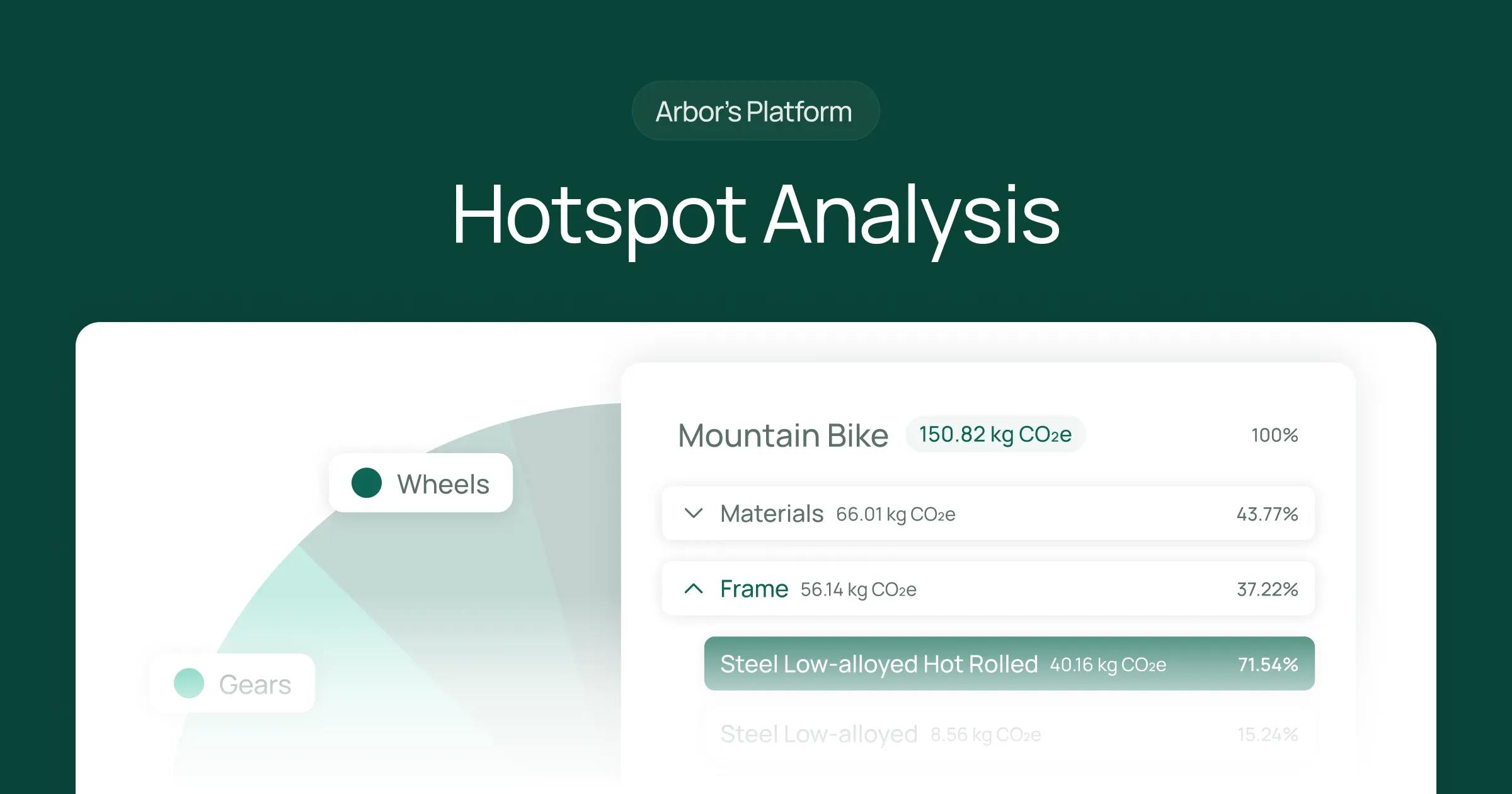
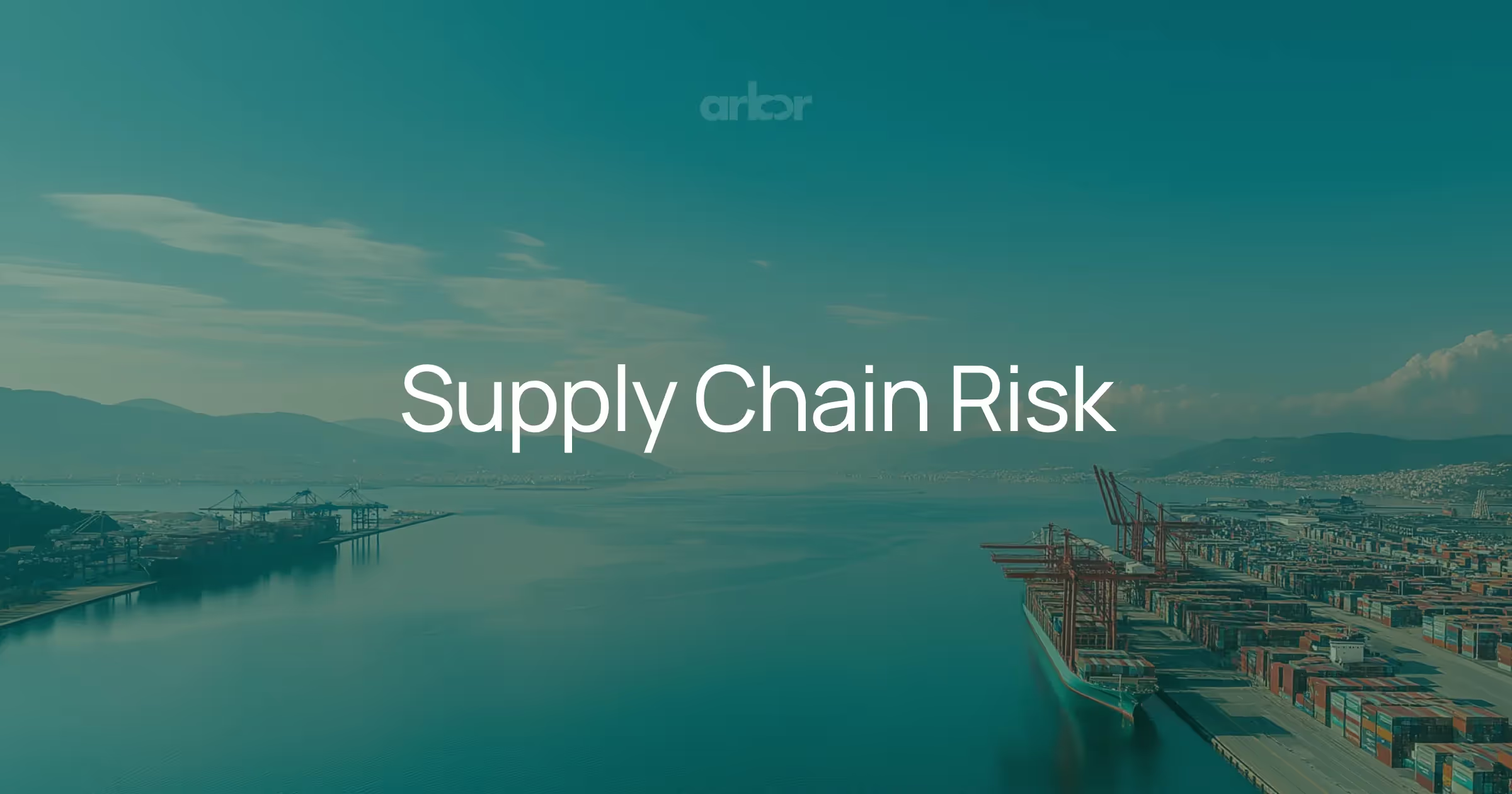
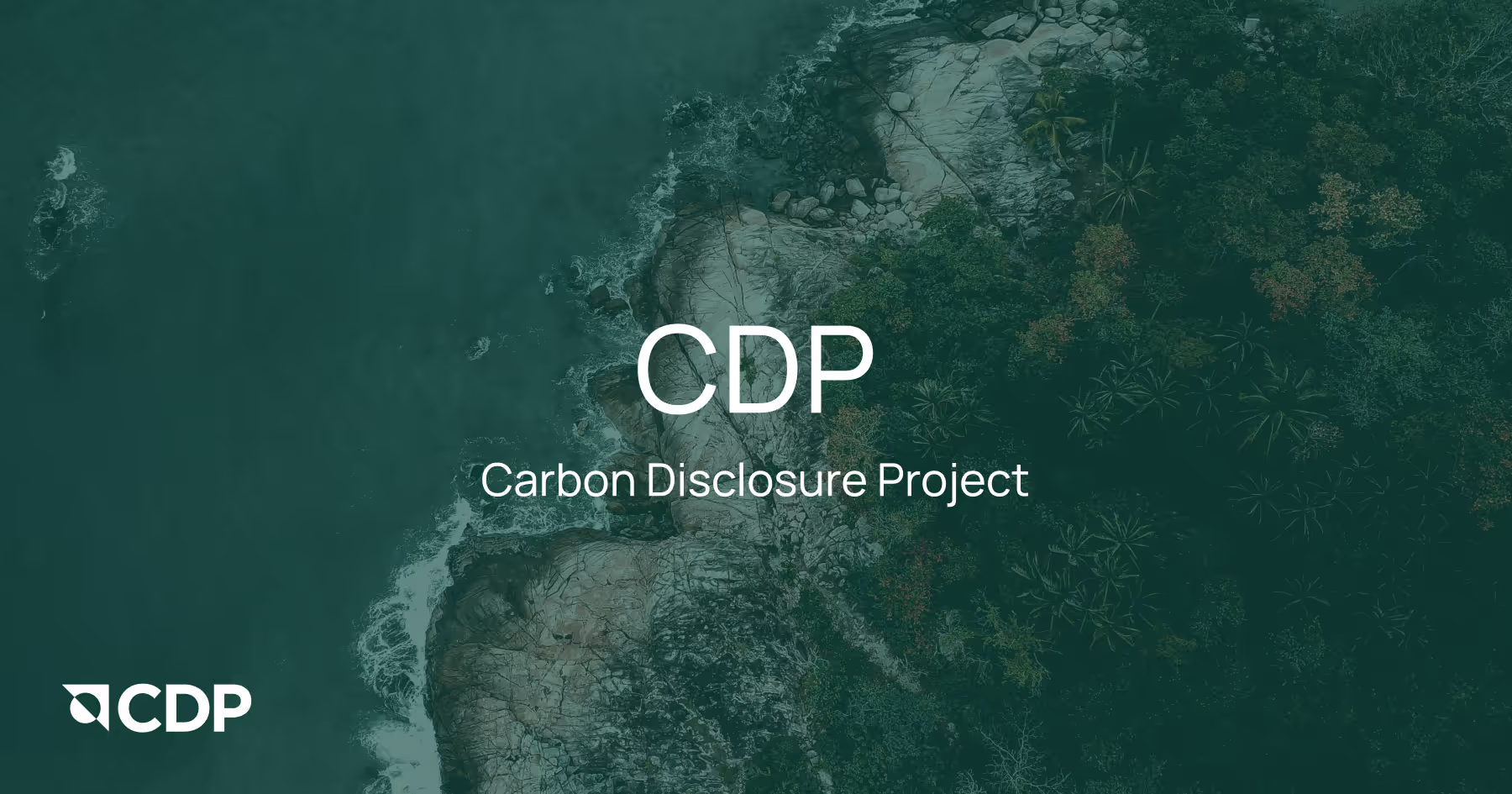
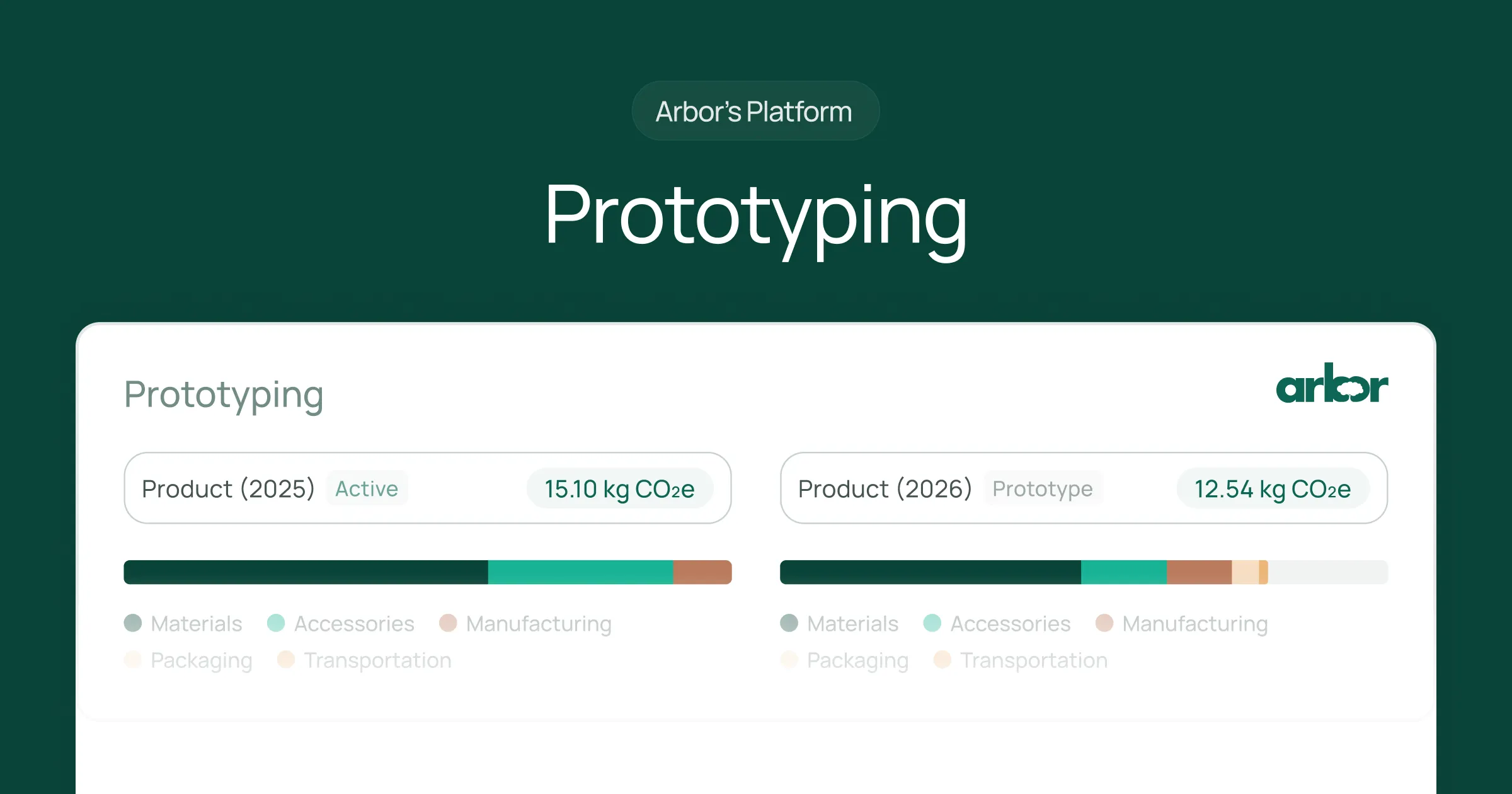

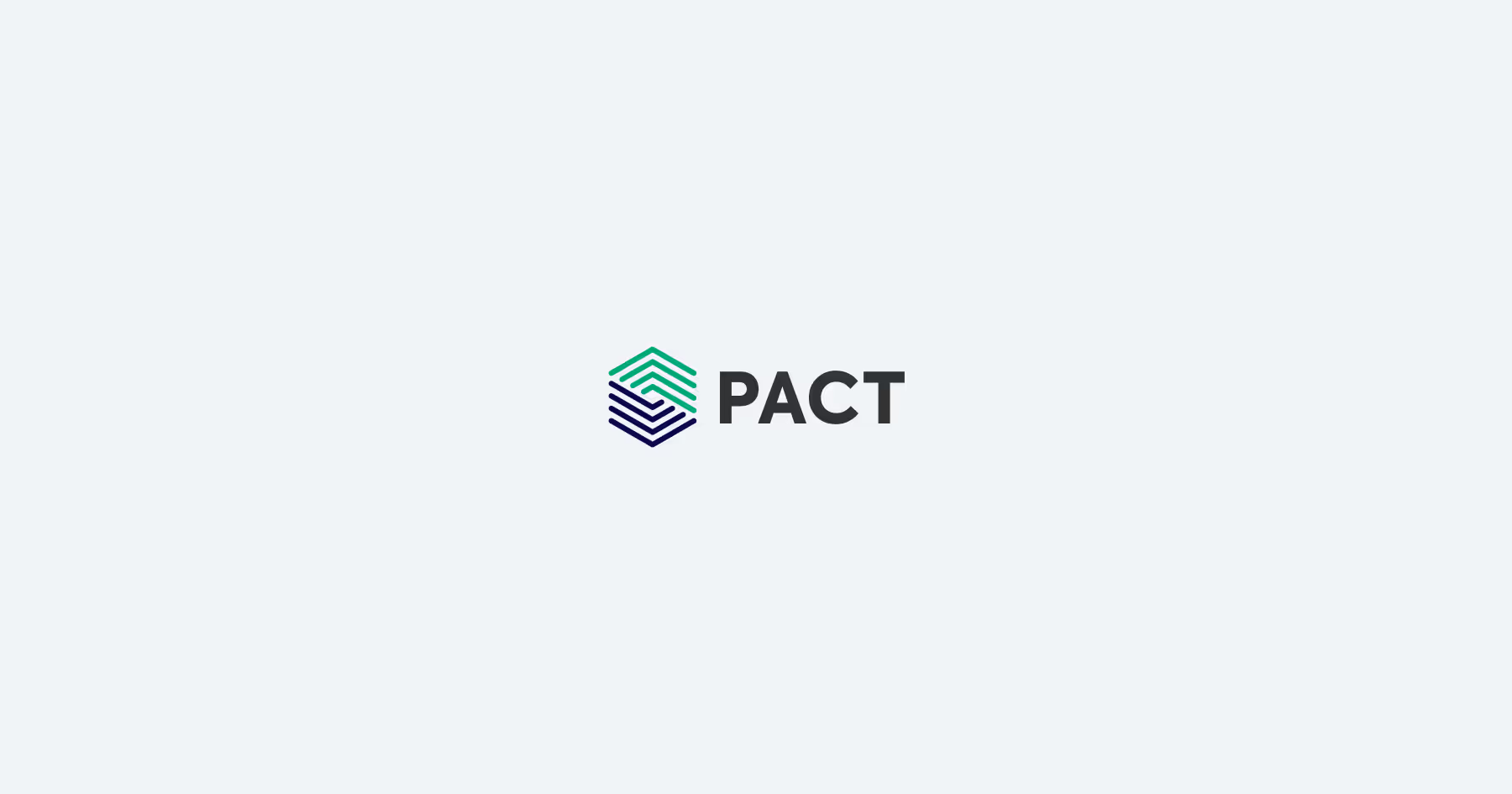
%20Arbor%20Canada.avif)
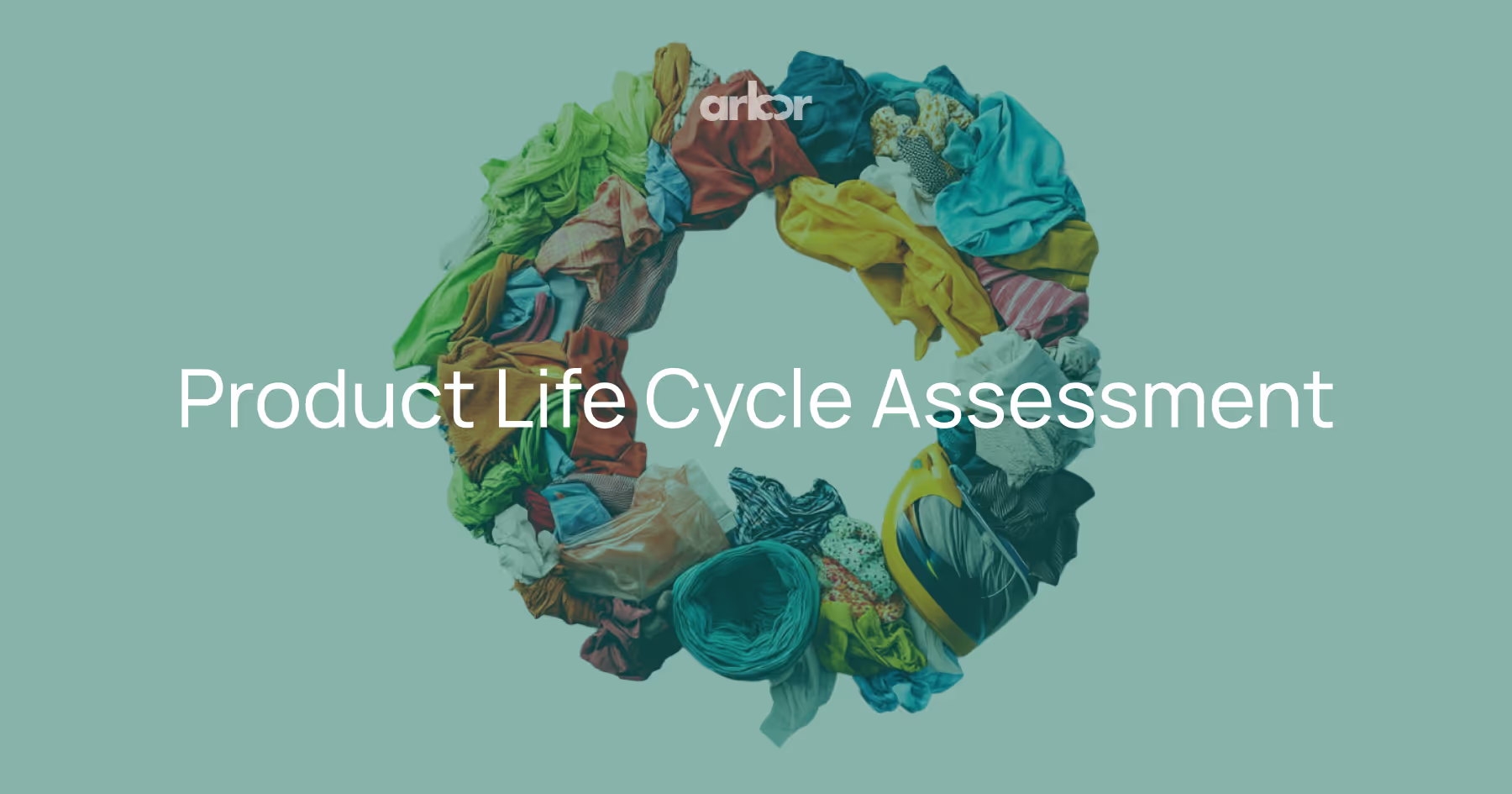
.avif)
%20Arbor.avif)
.avif)
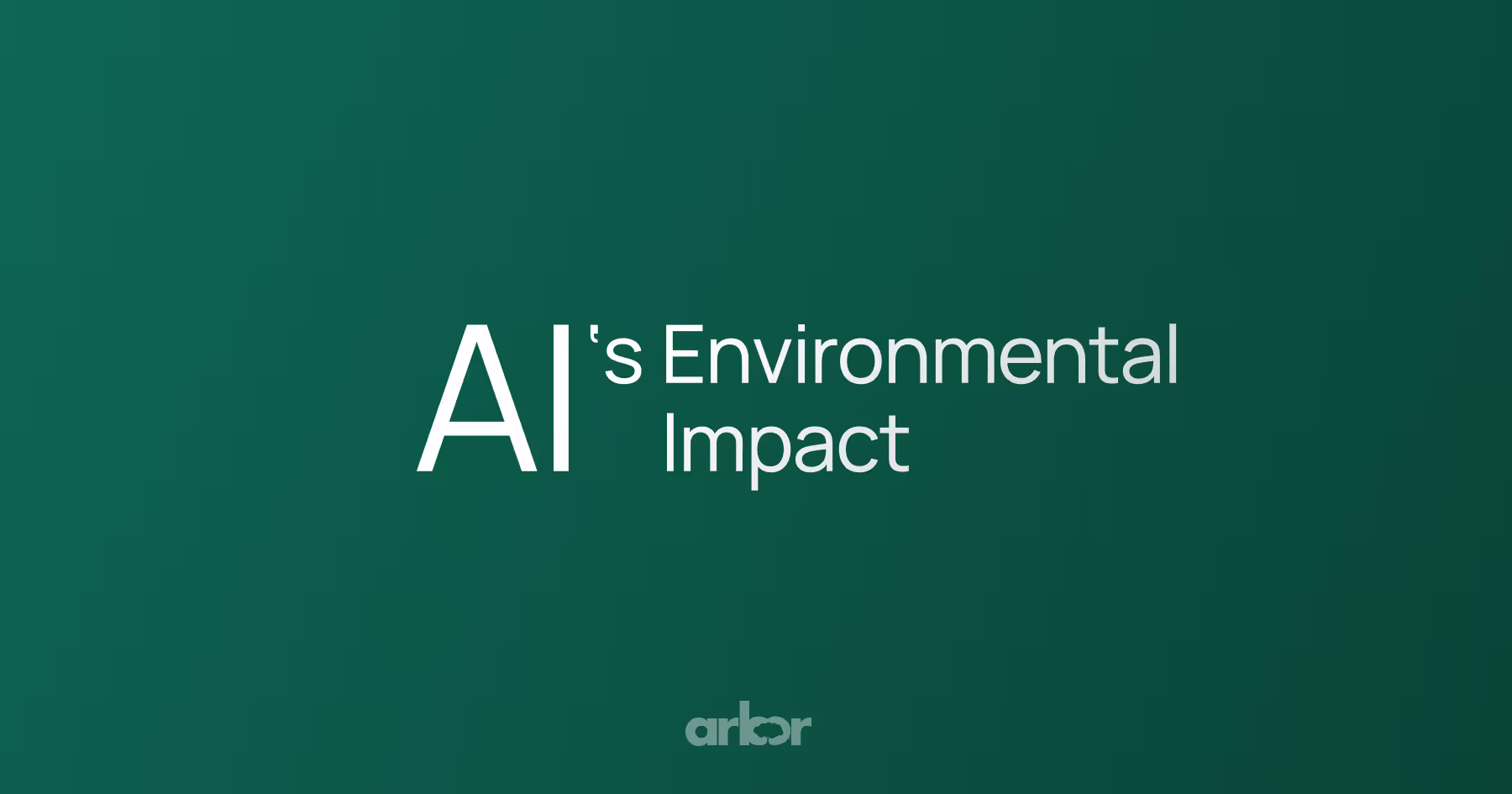

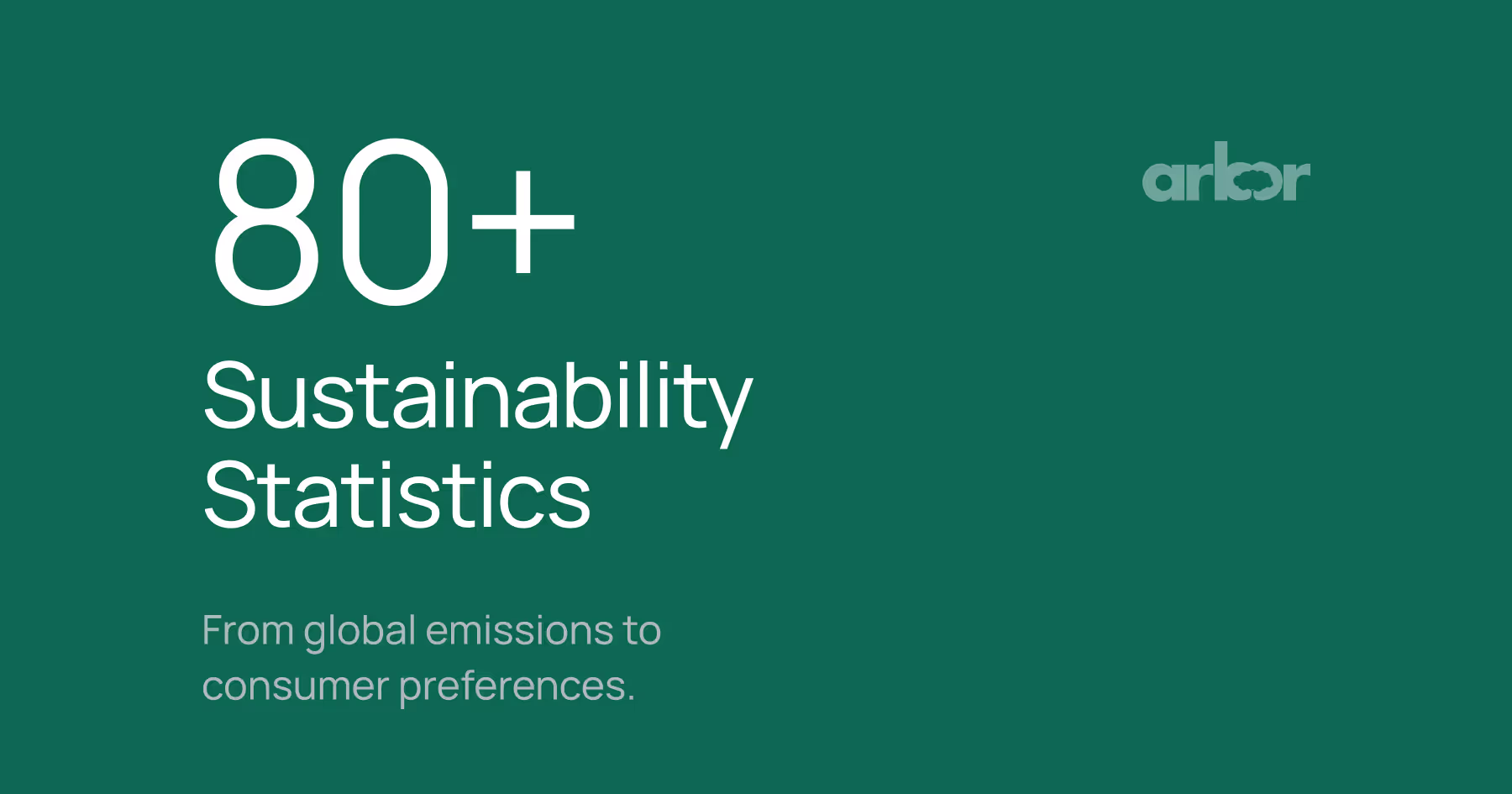



_.avif)
.avif)
%20Arbor.avif)




%20Software%20and%20Tools.avif)





.avif)
.avif)
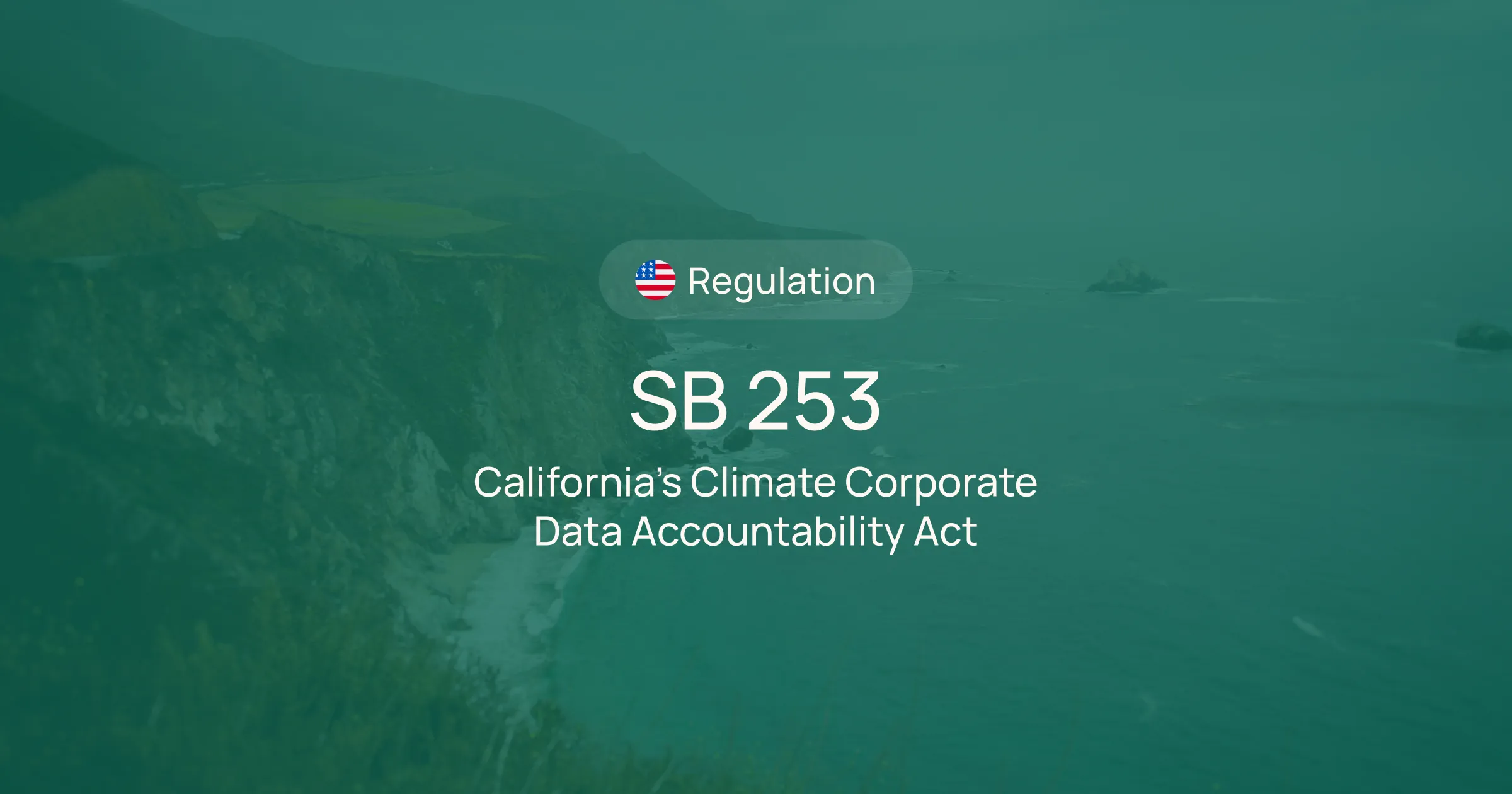



%20EU%20Regulation.avif)





.avif)





.avif)

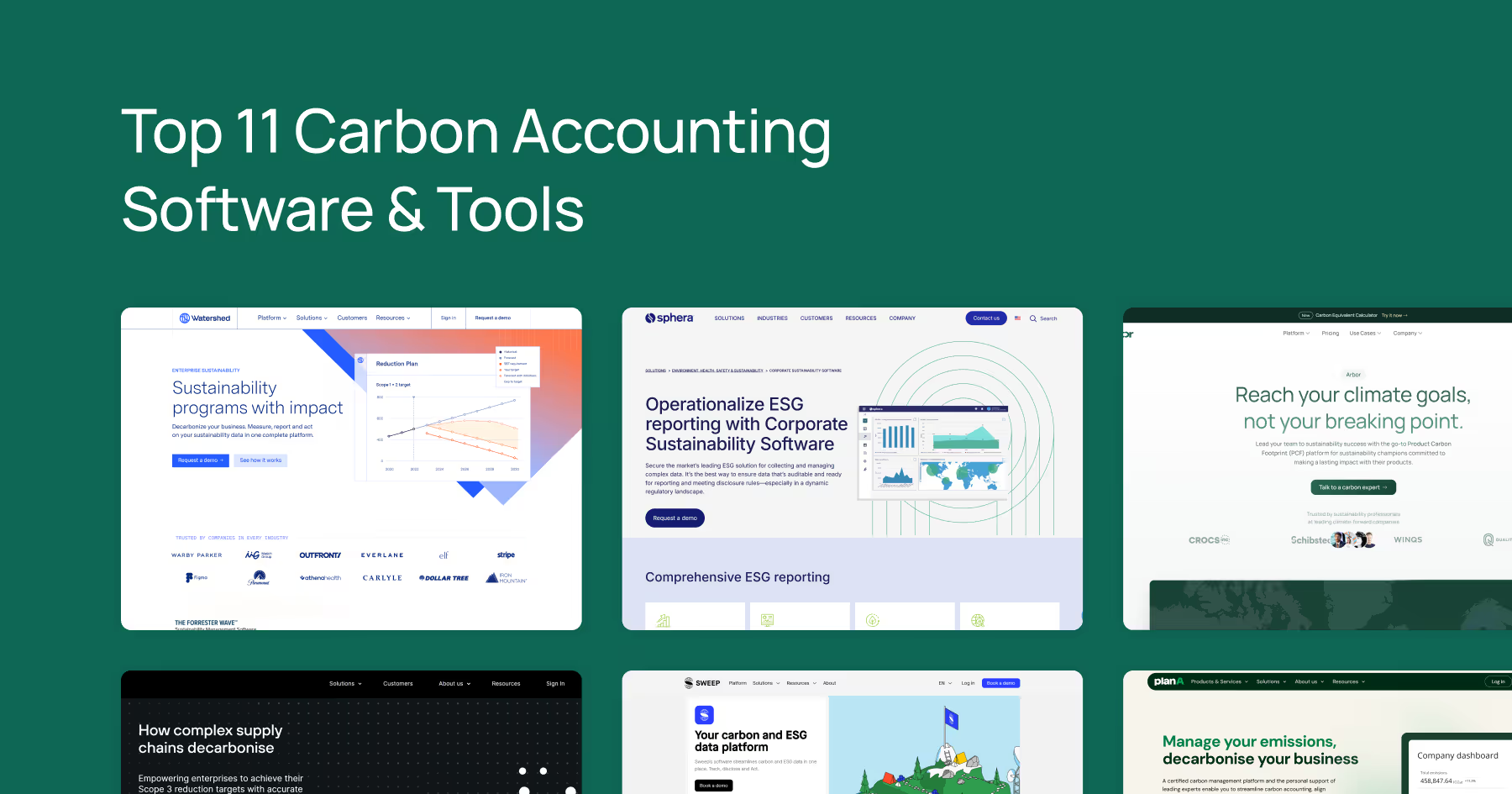














%20Arbor.avif)




.avif)









